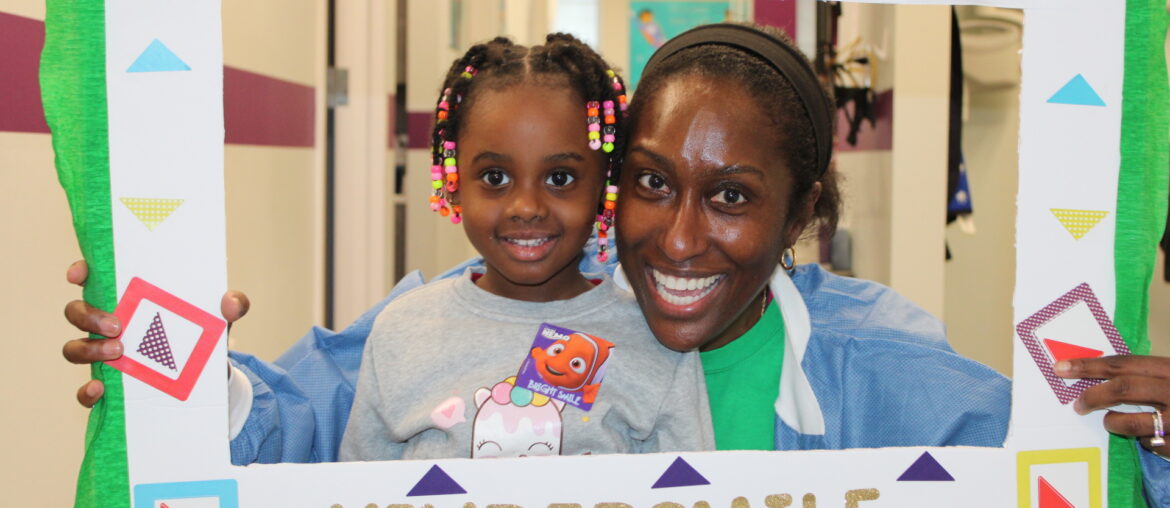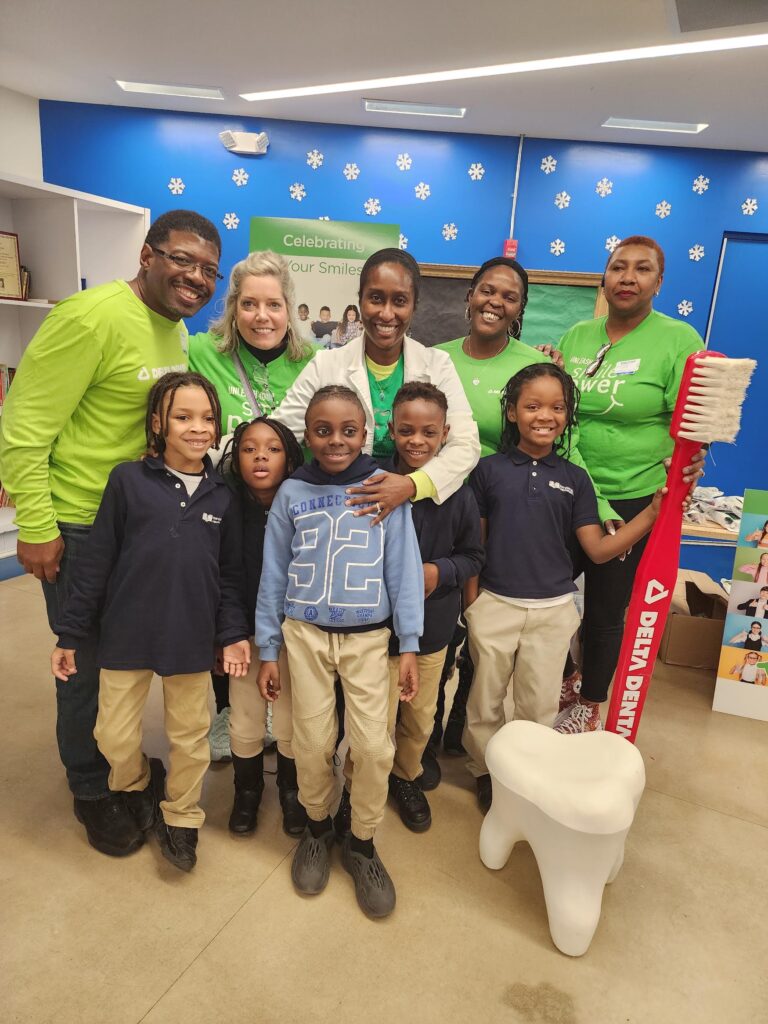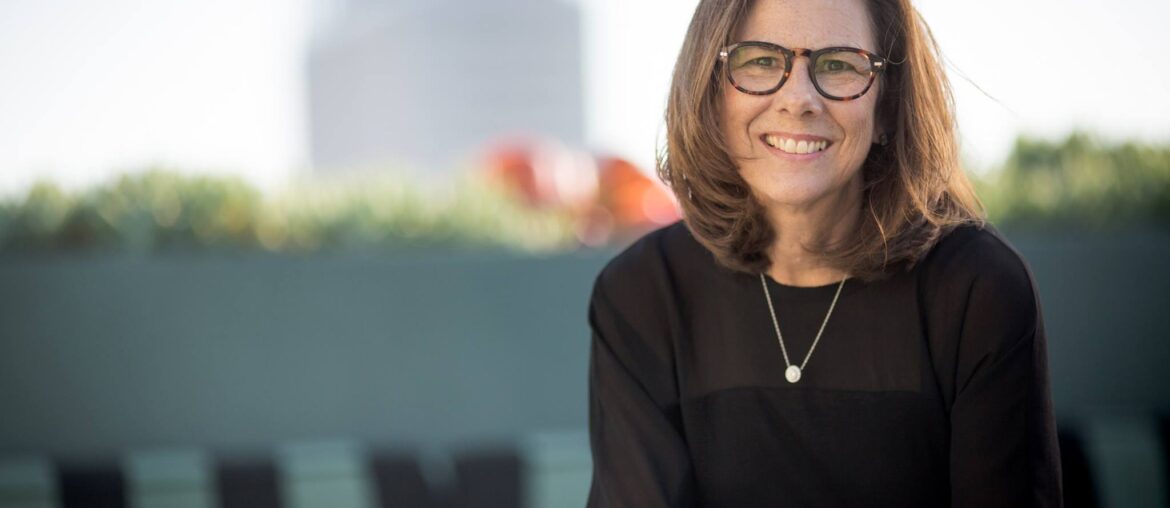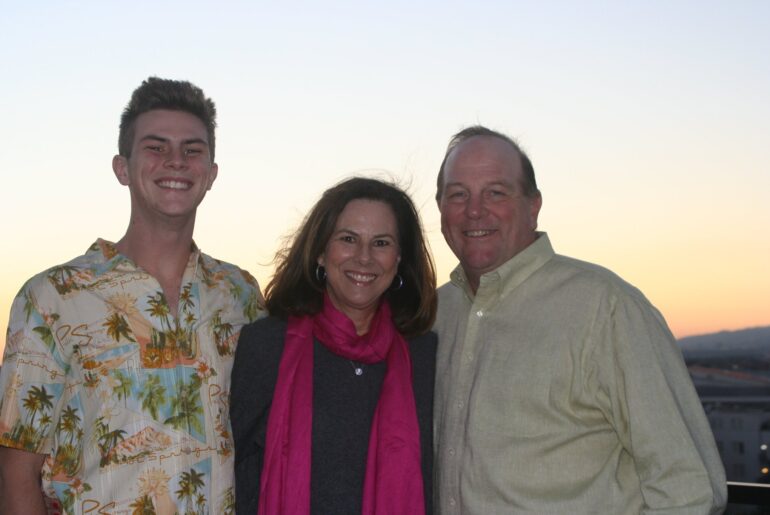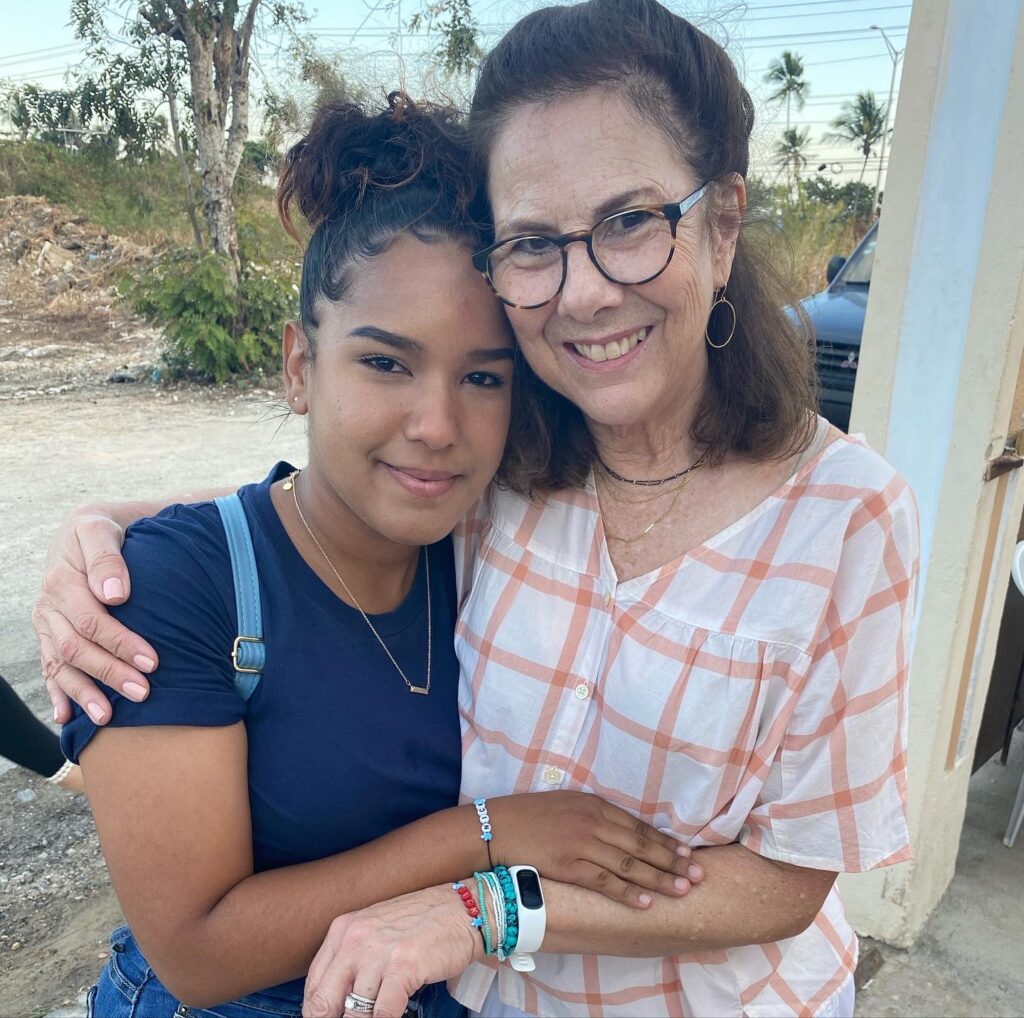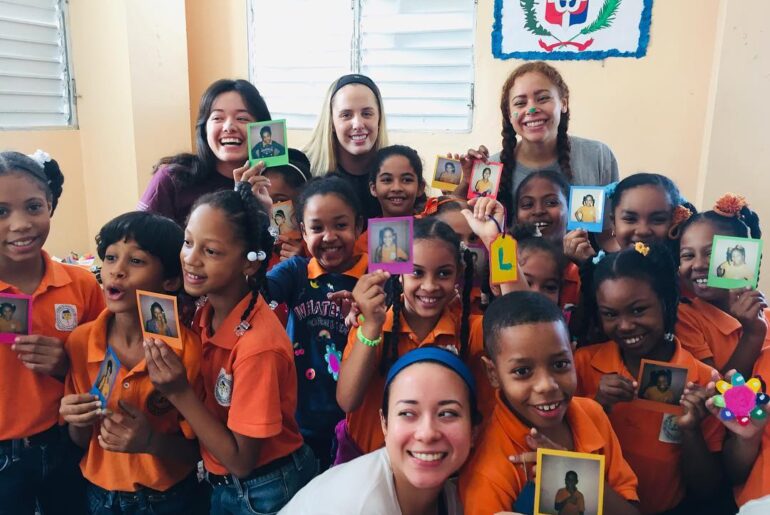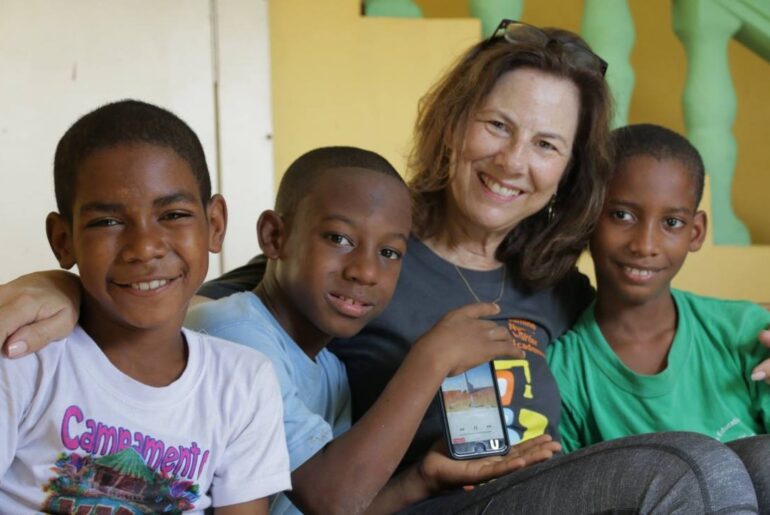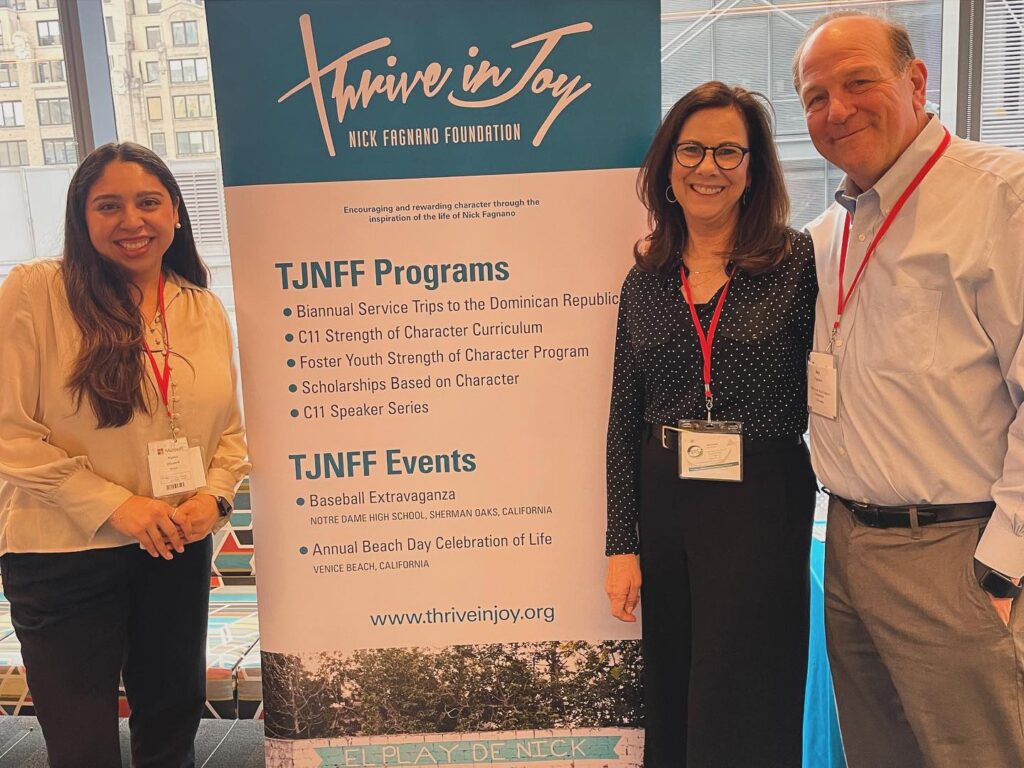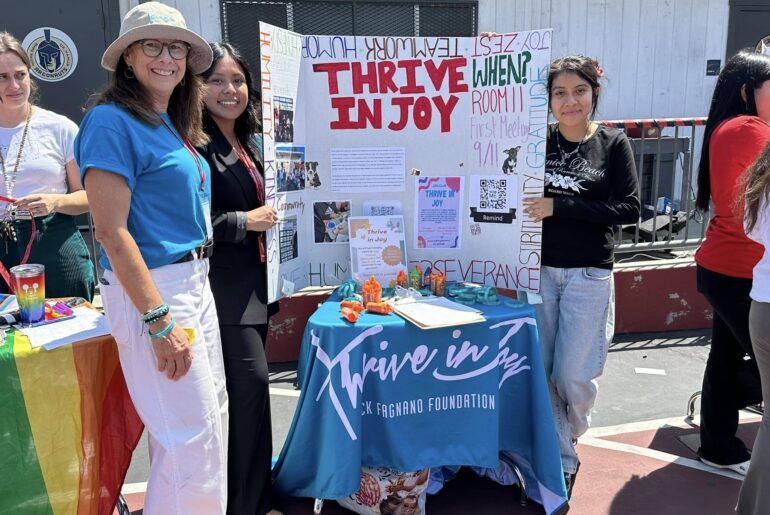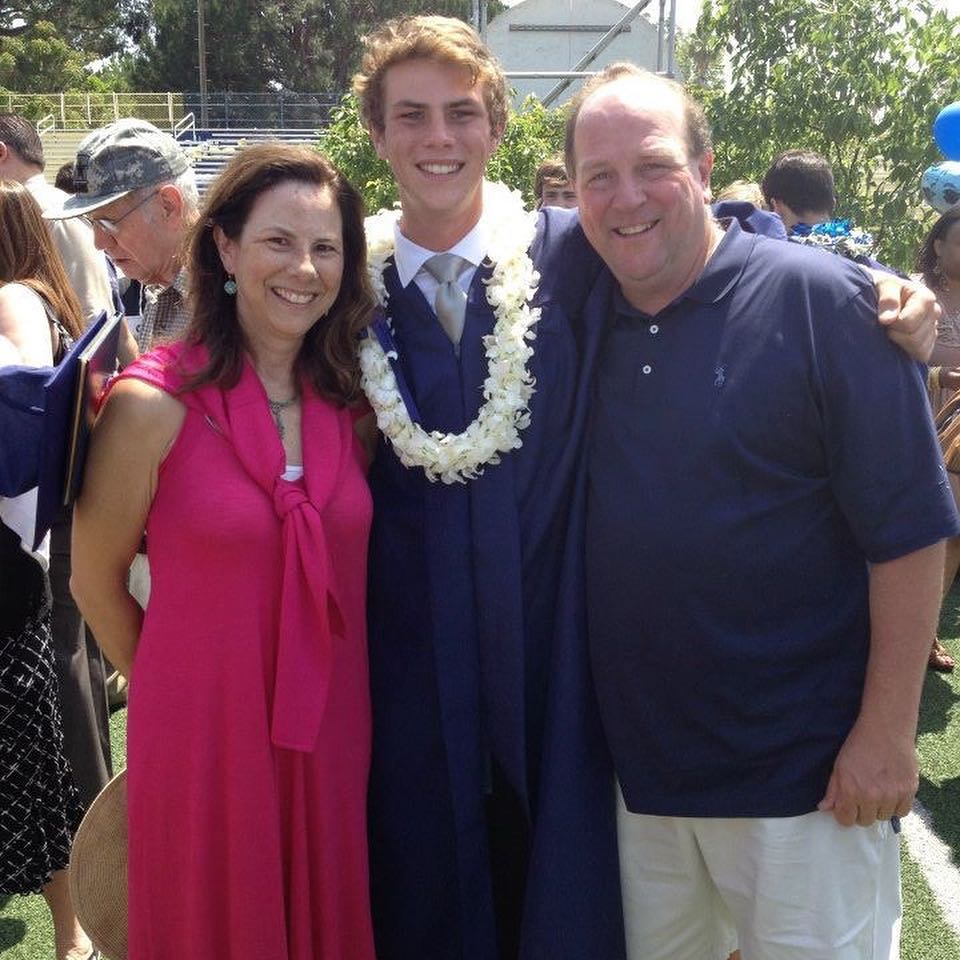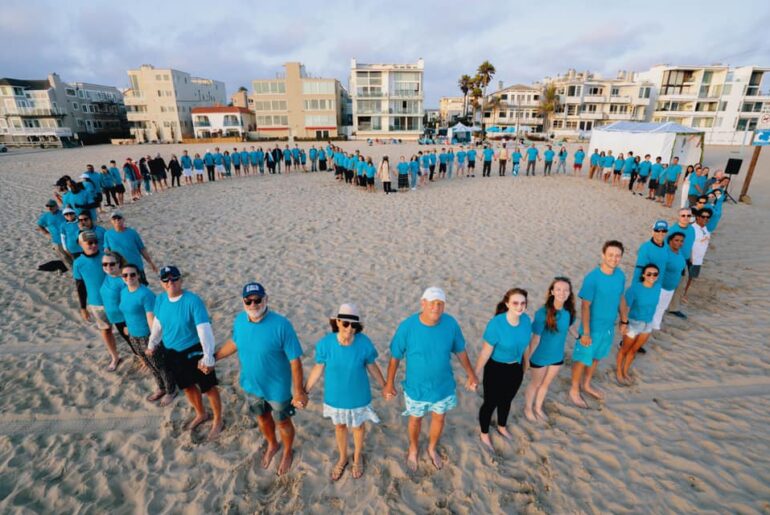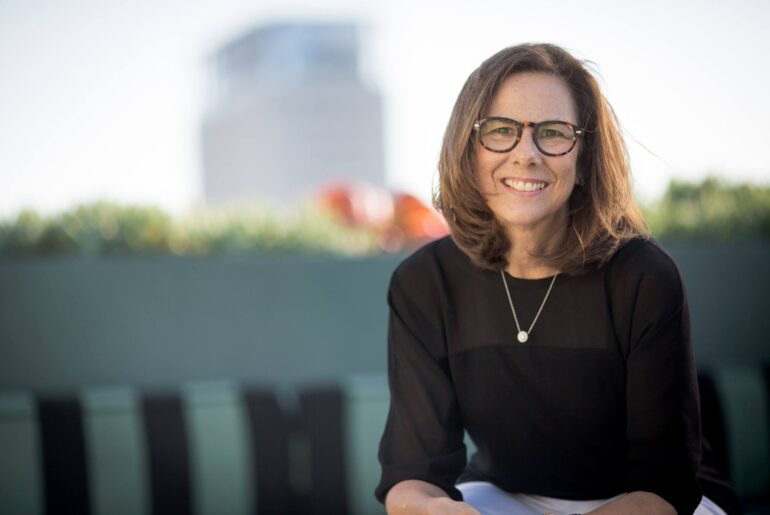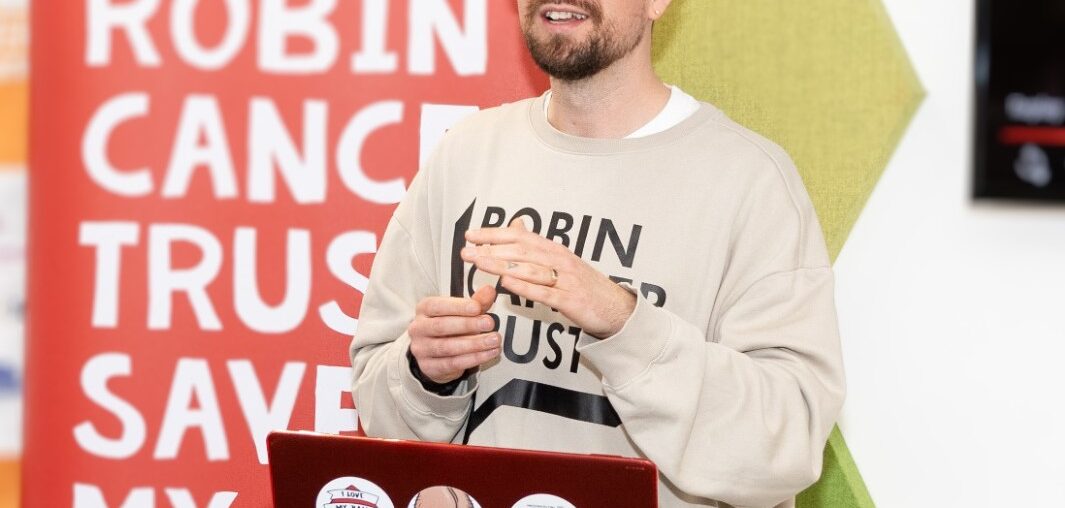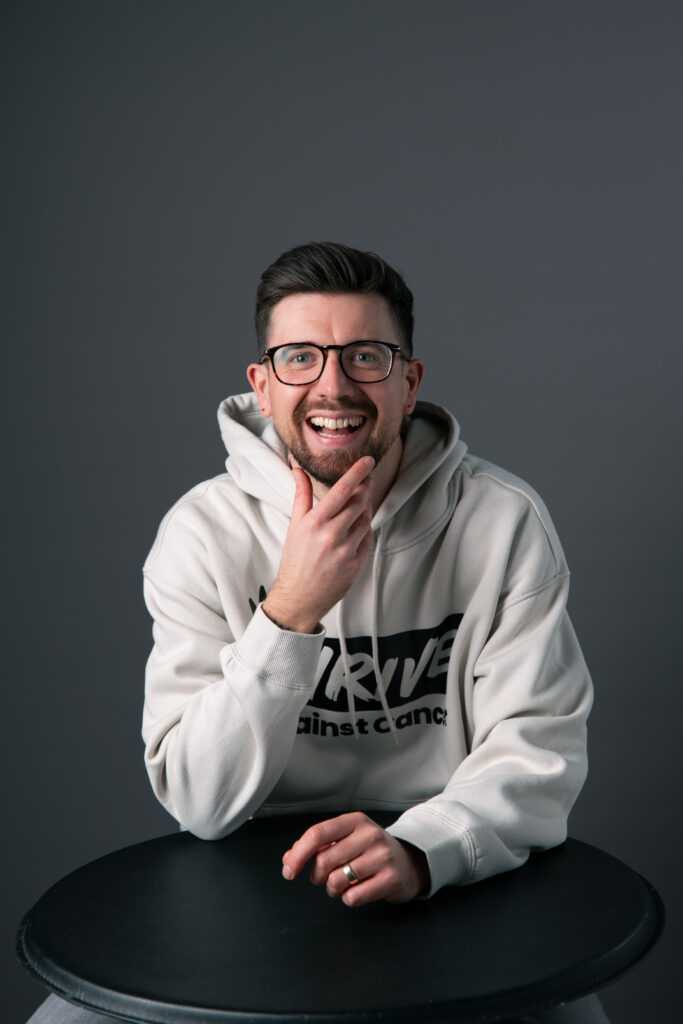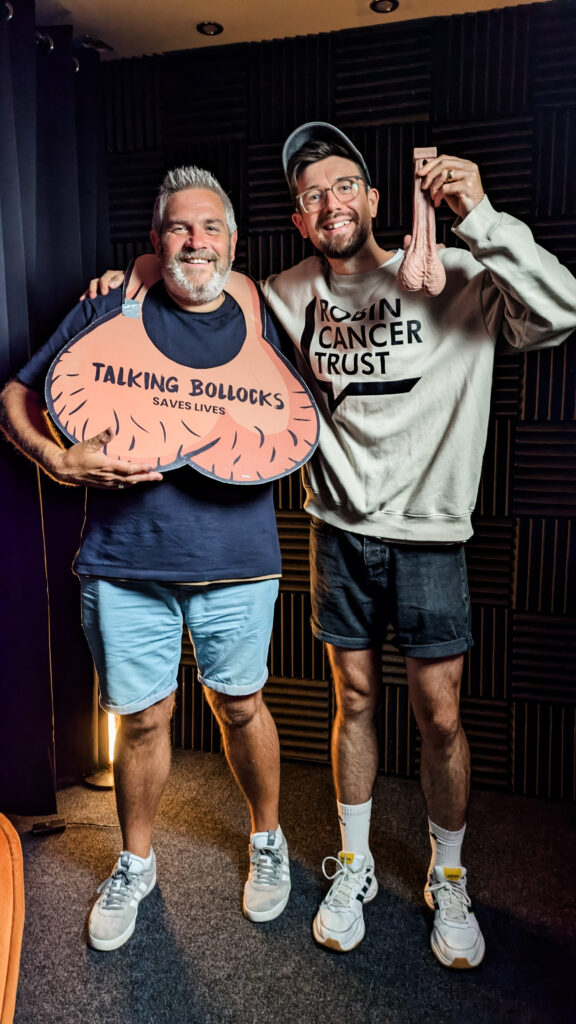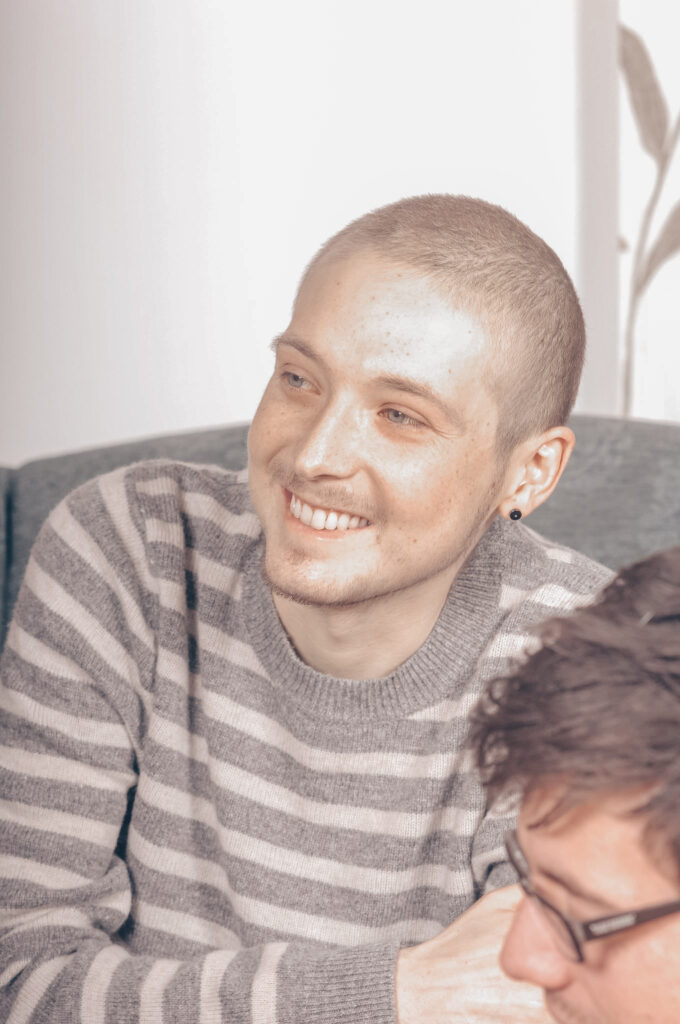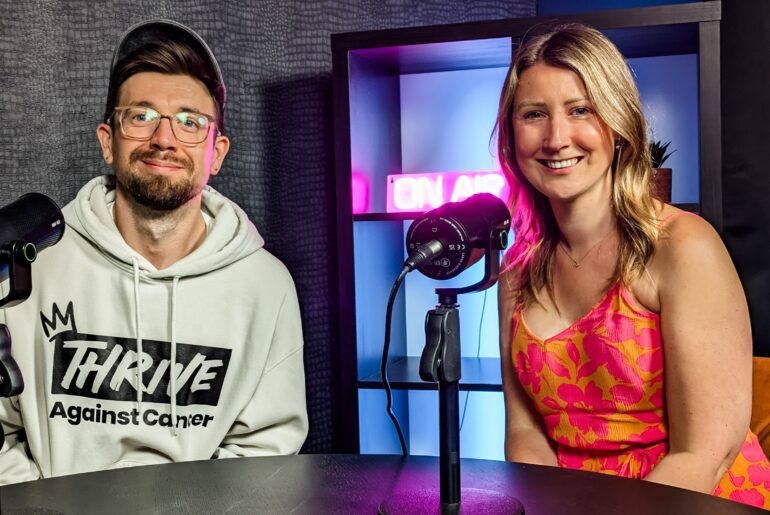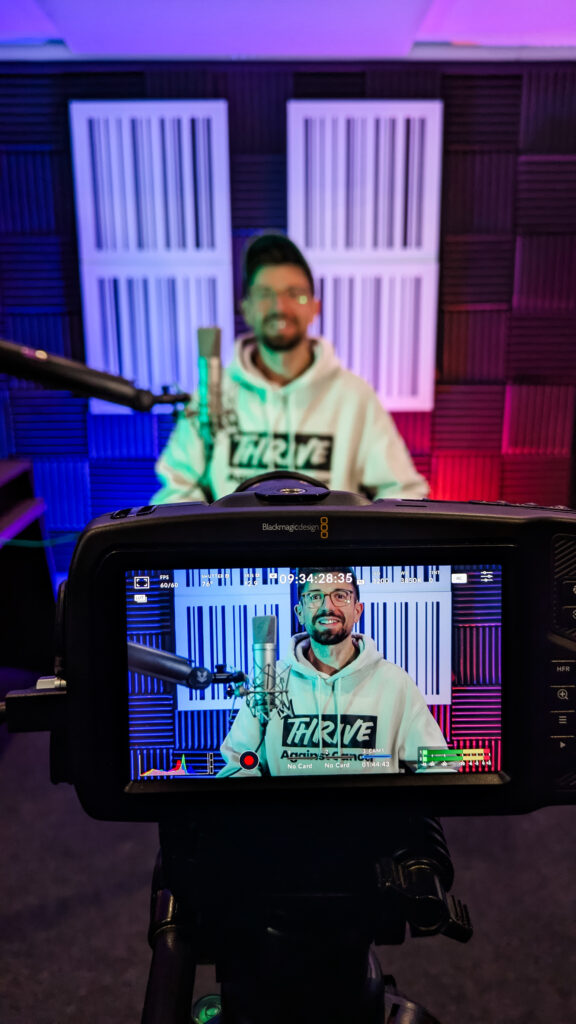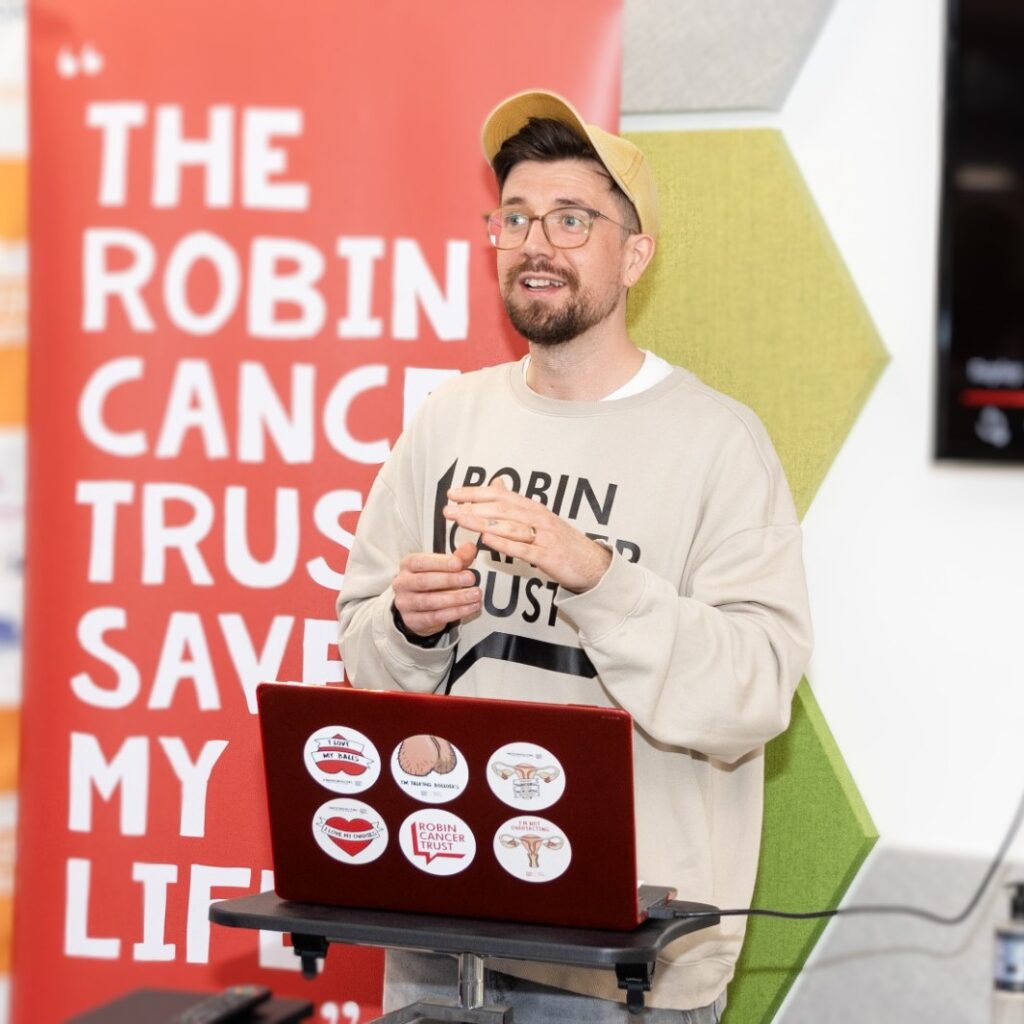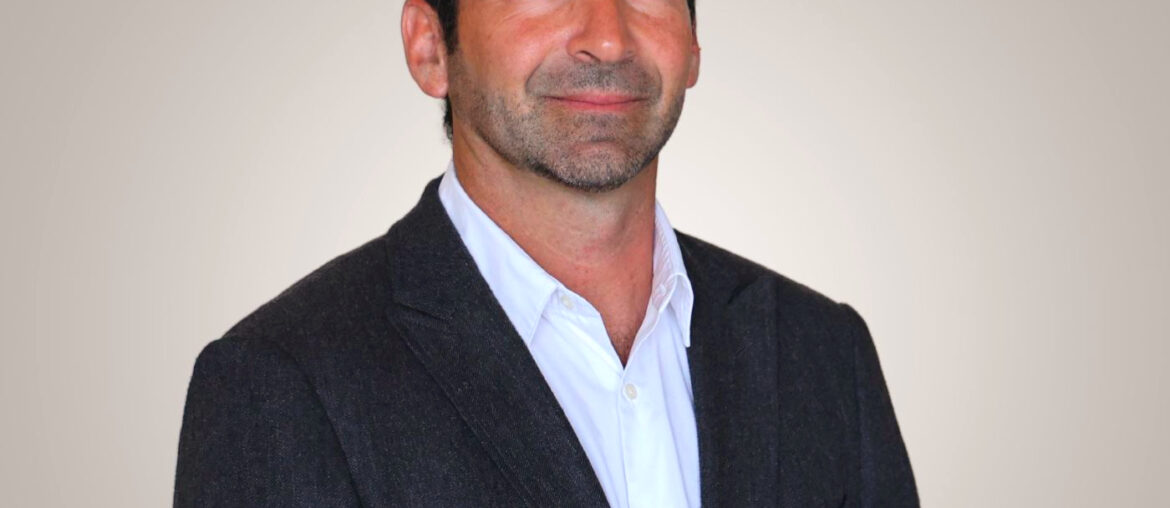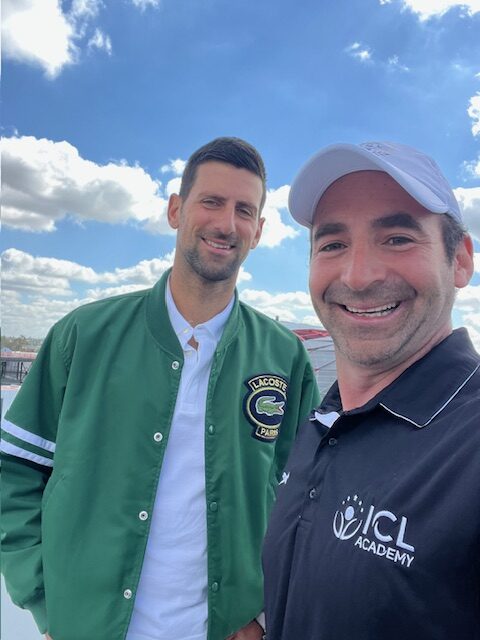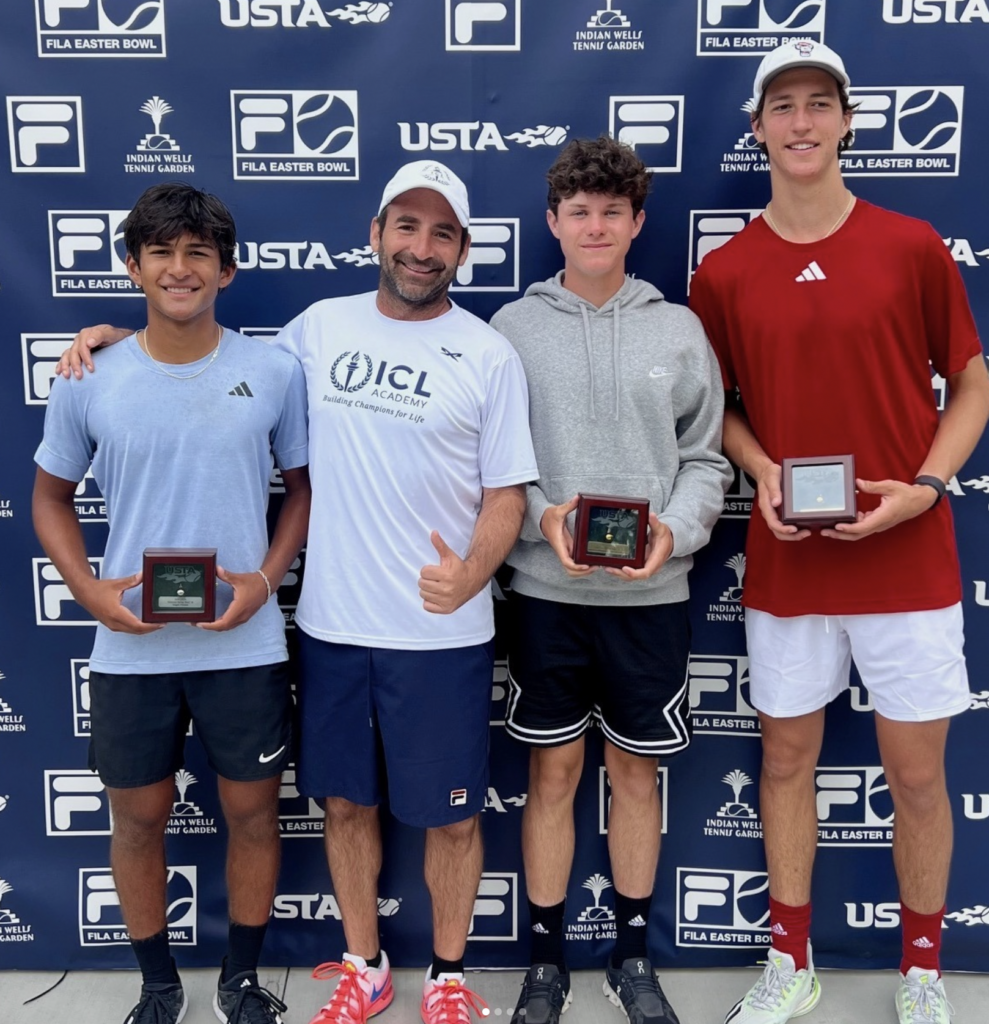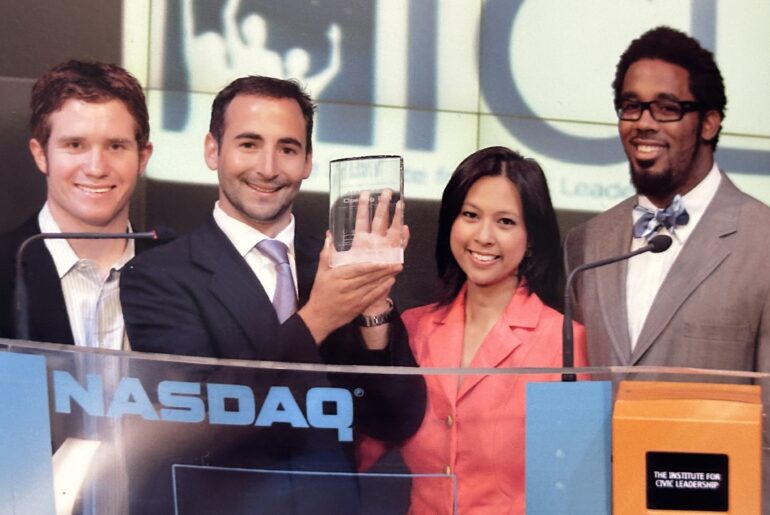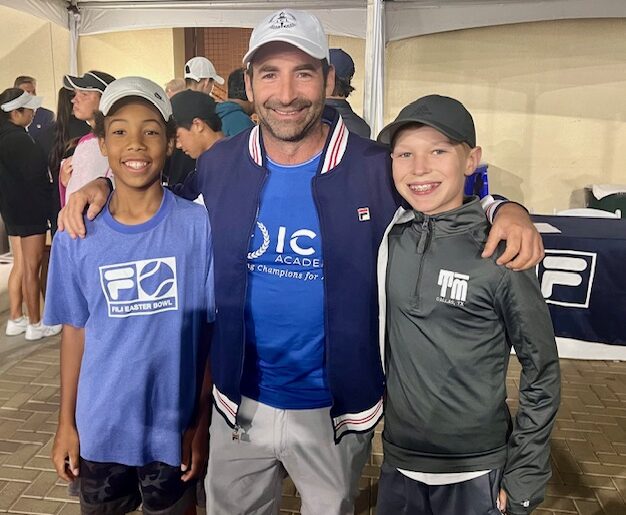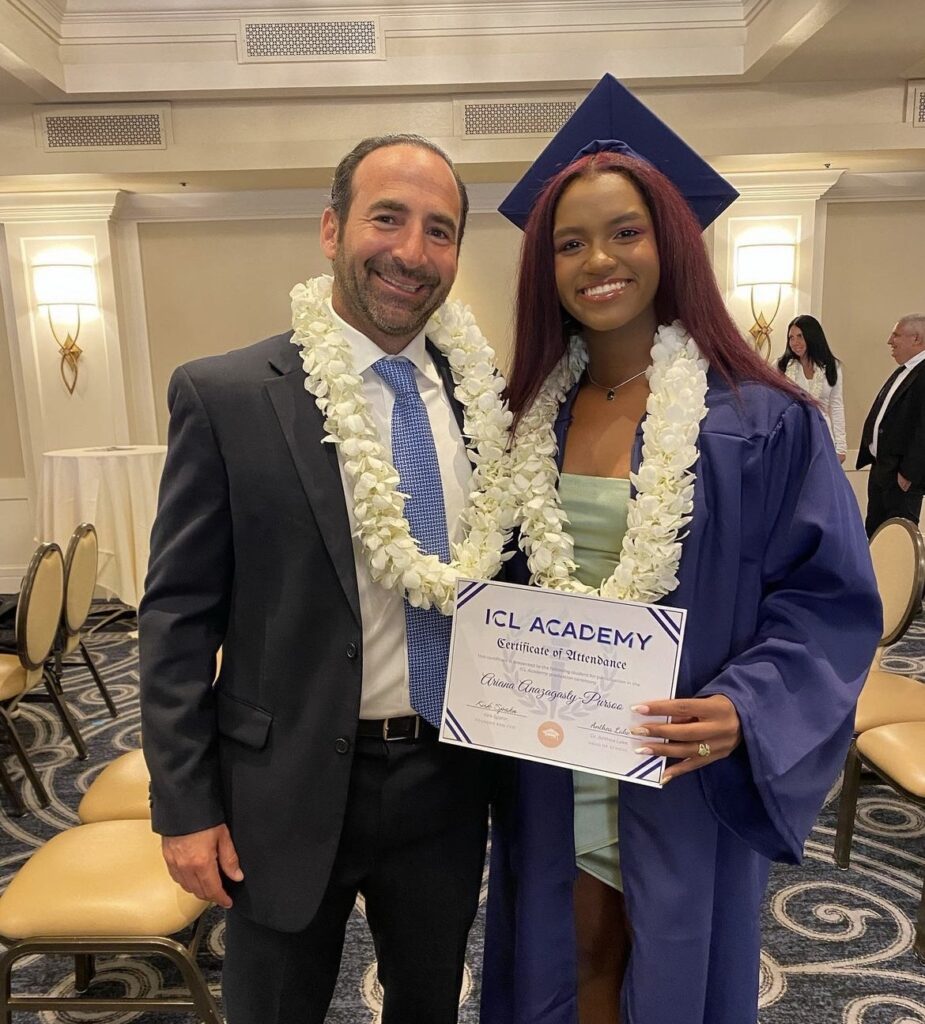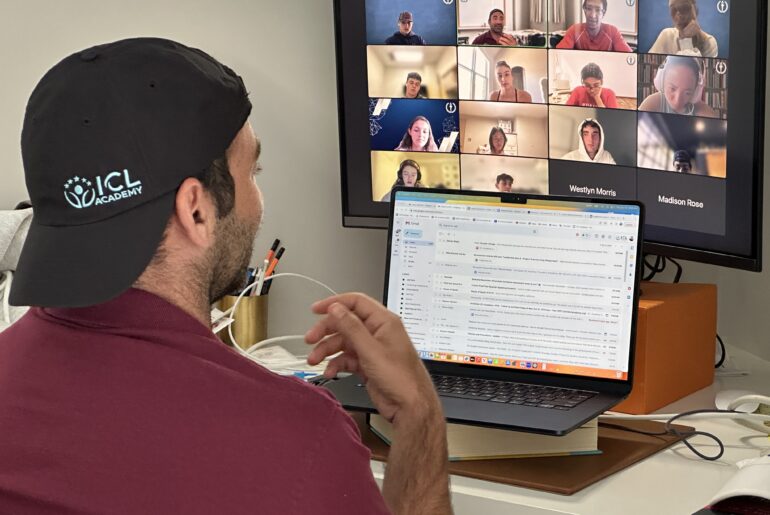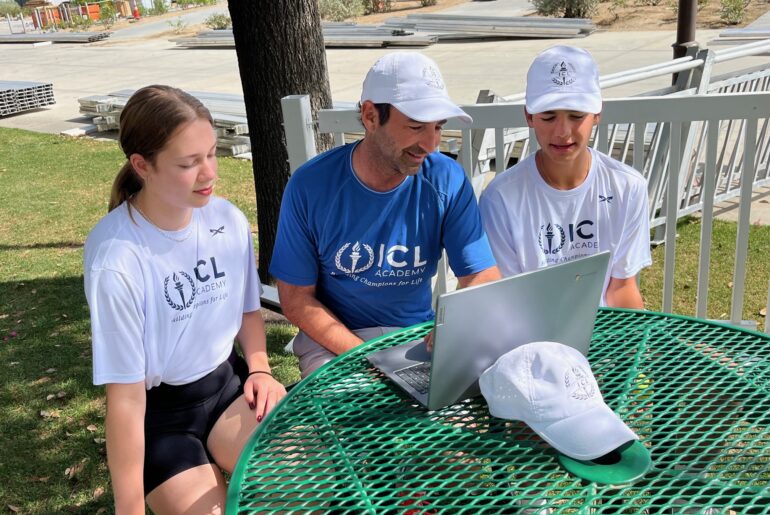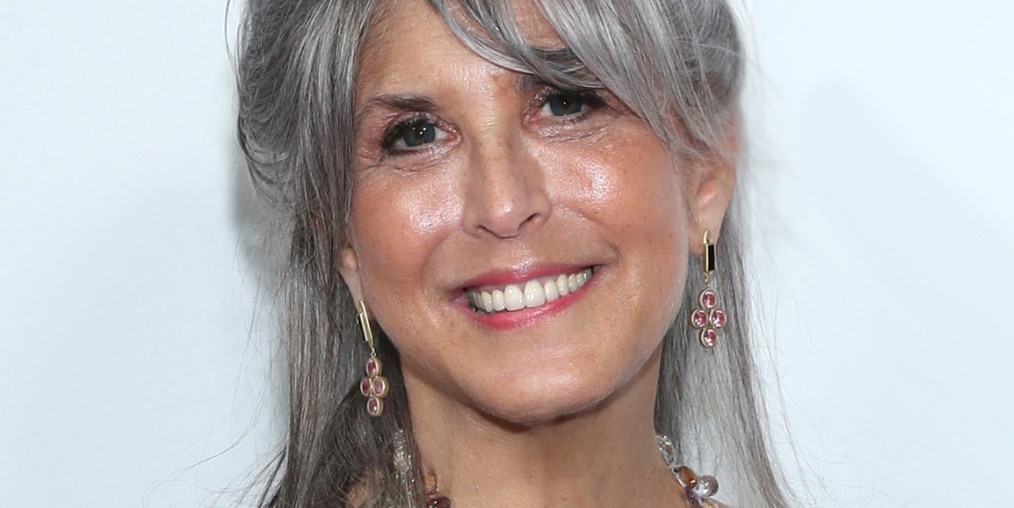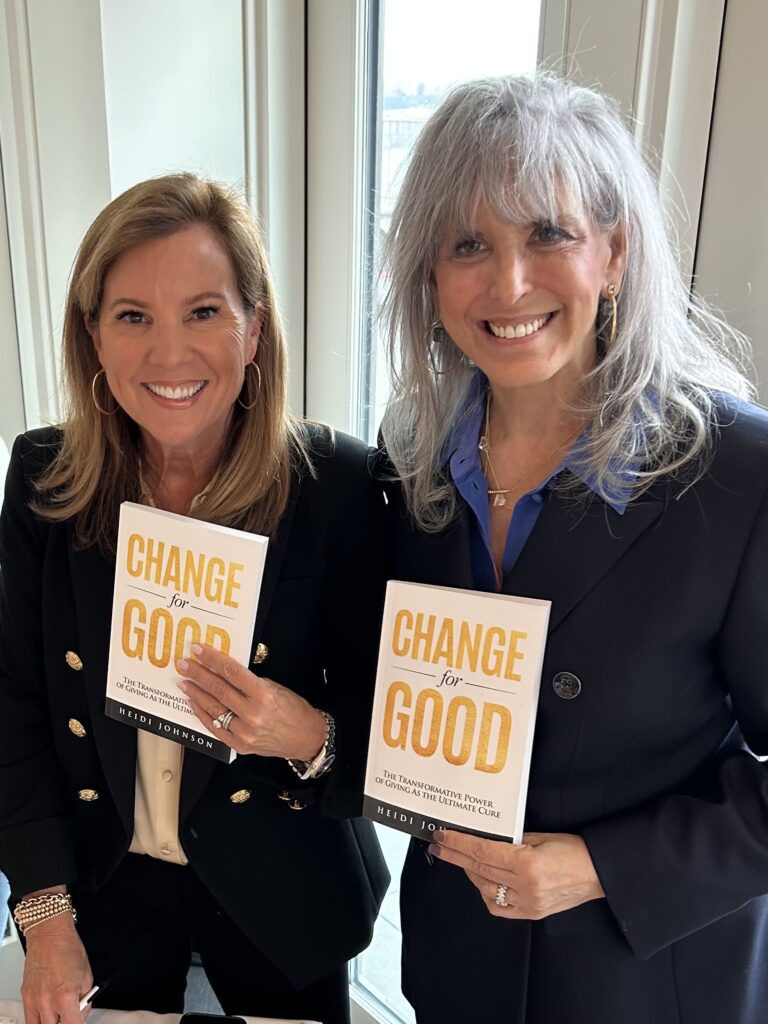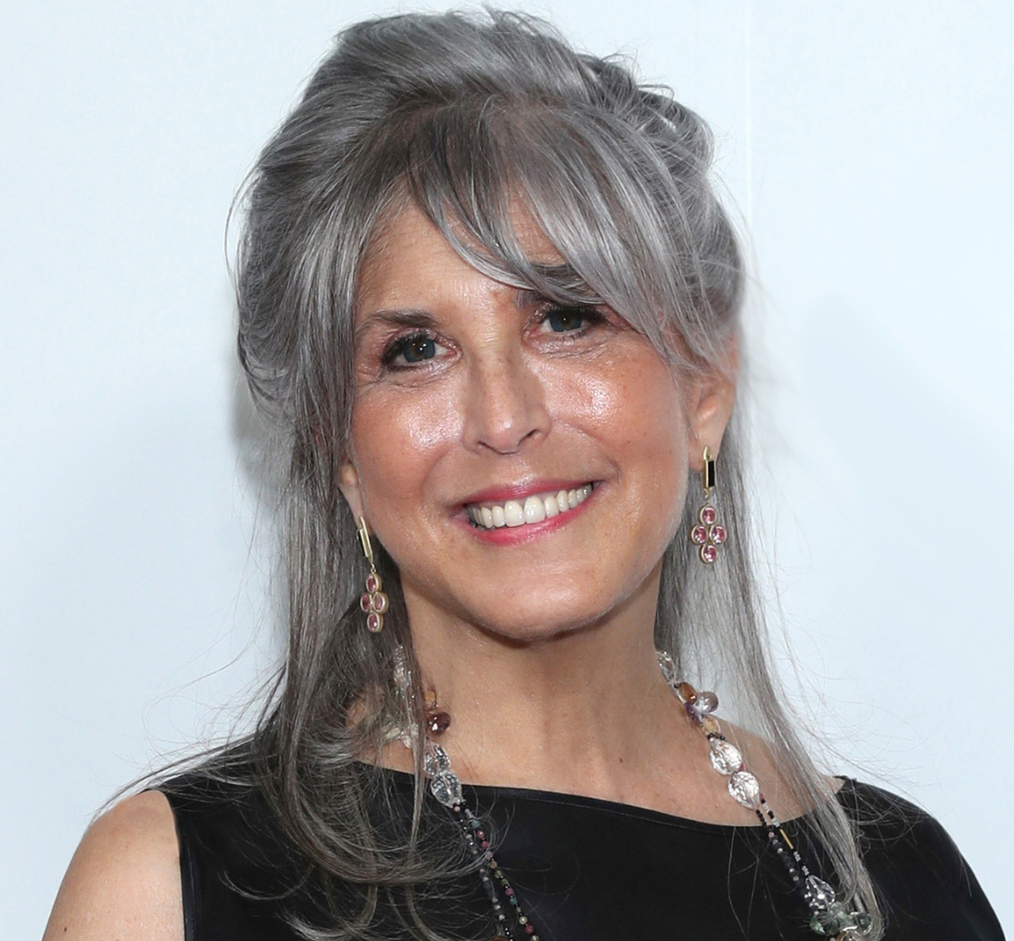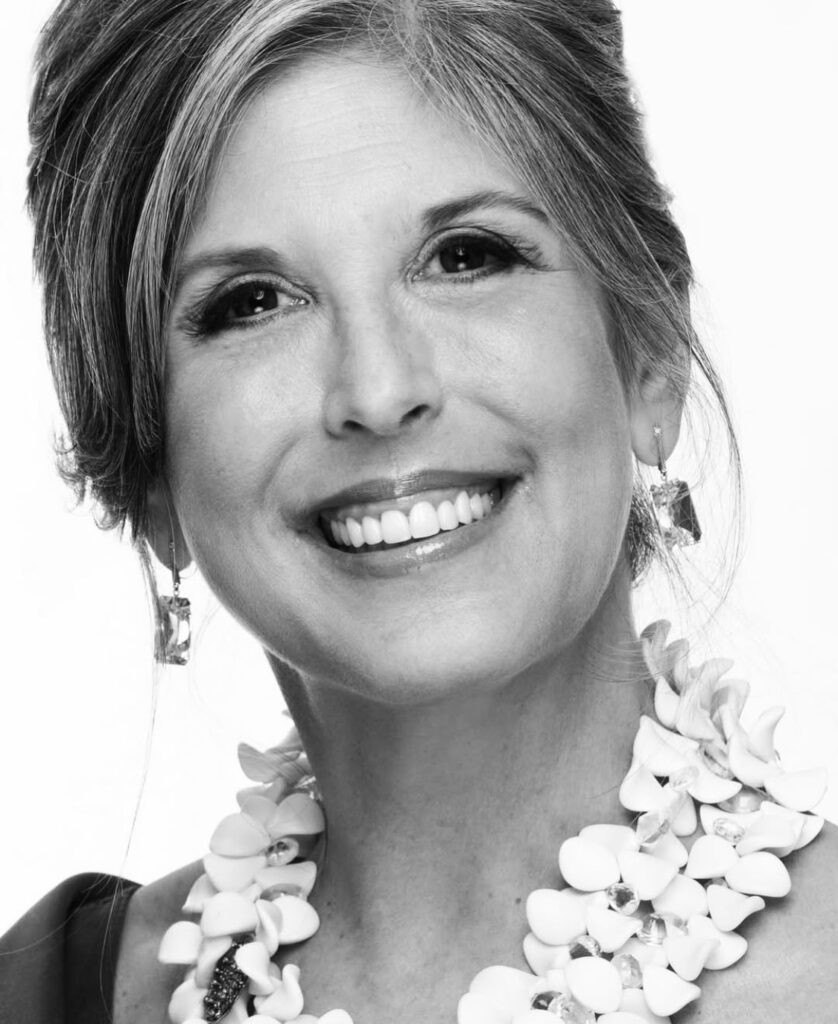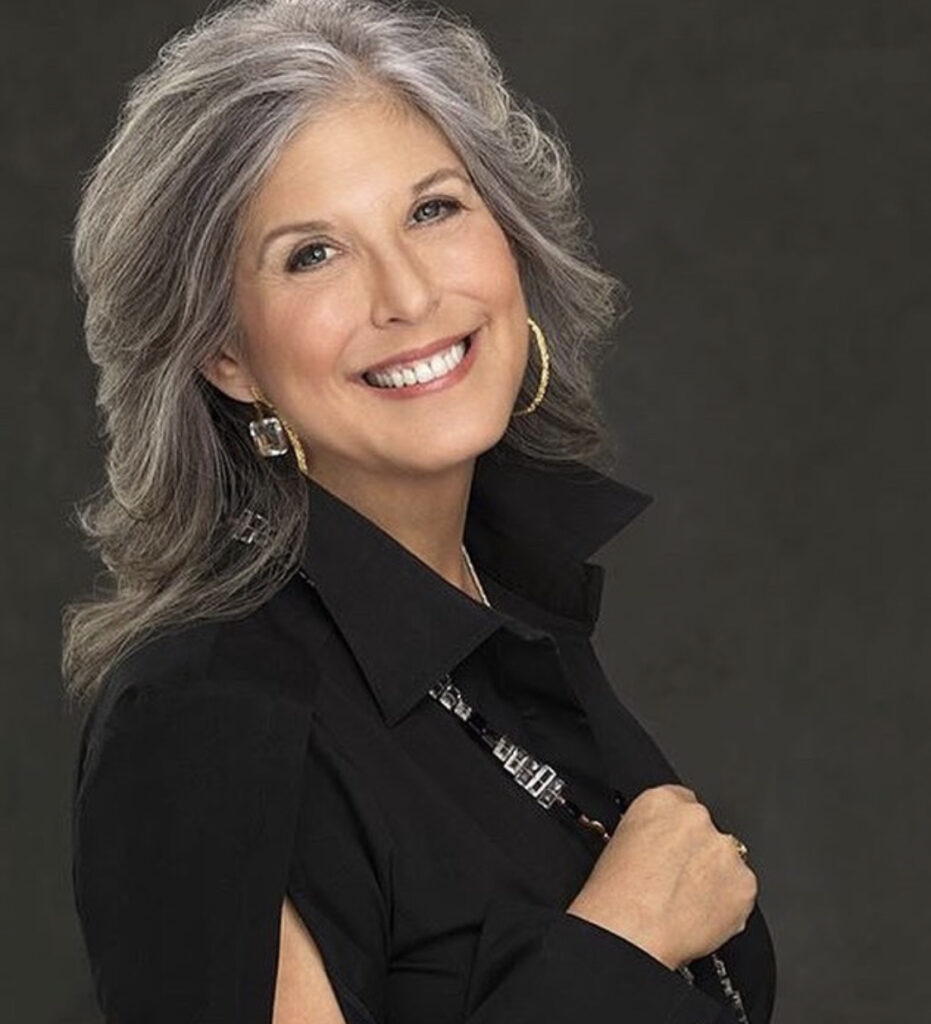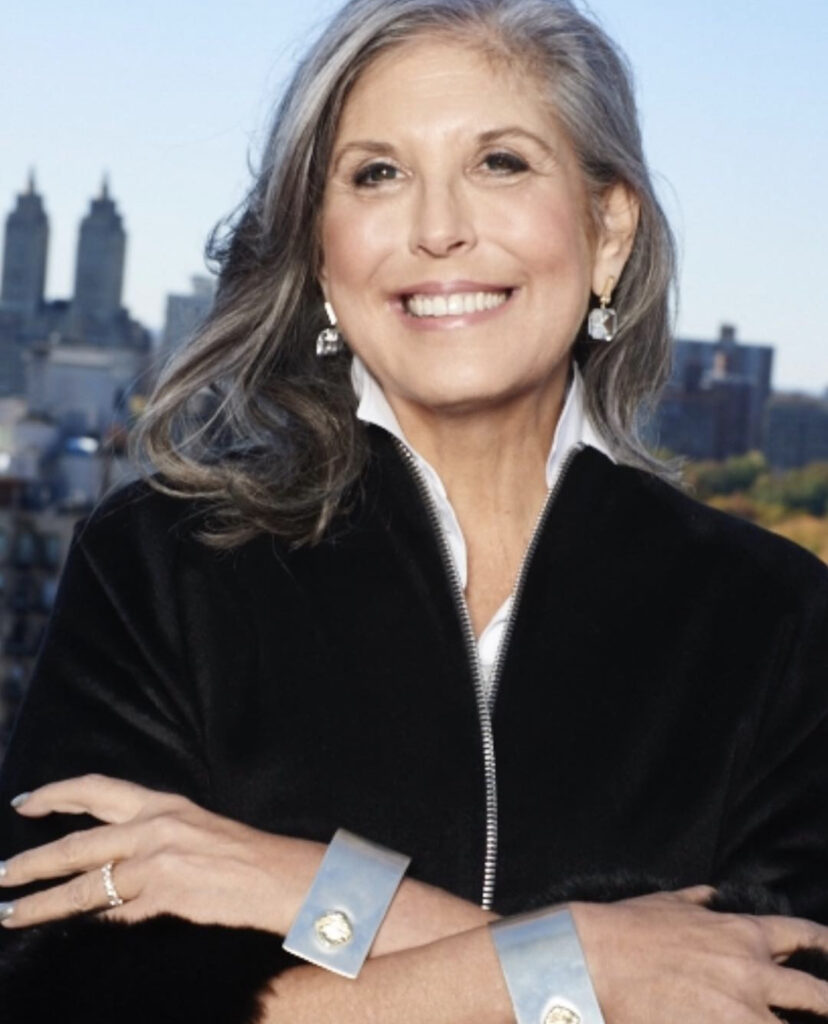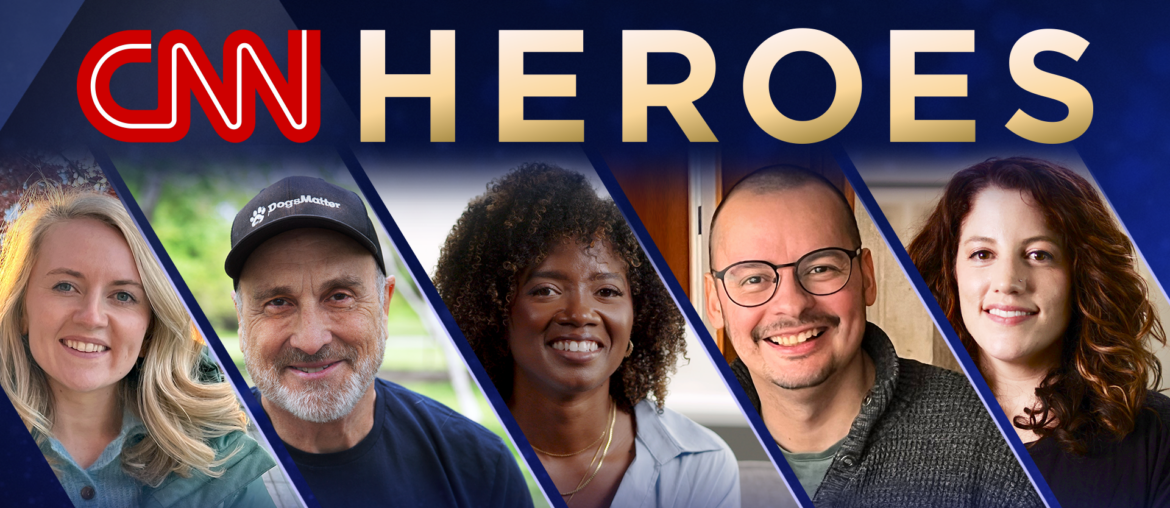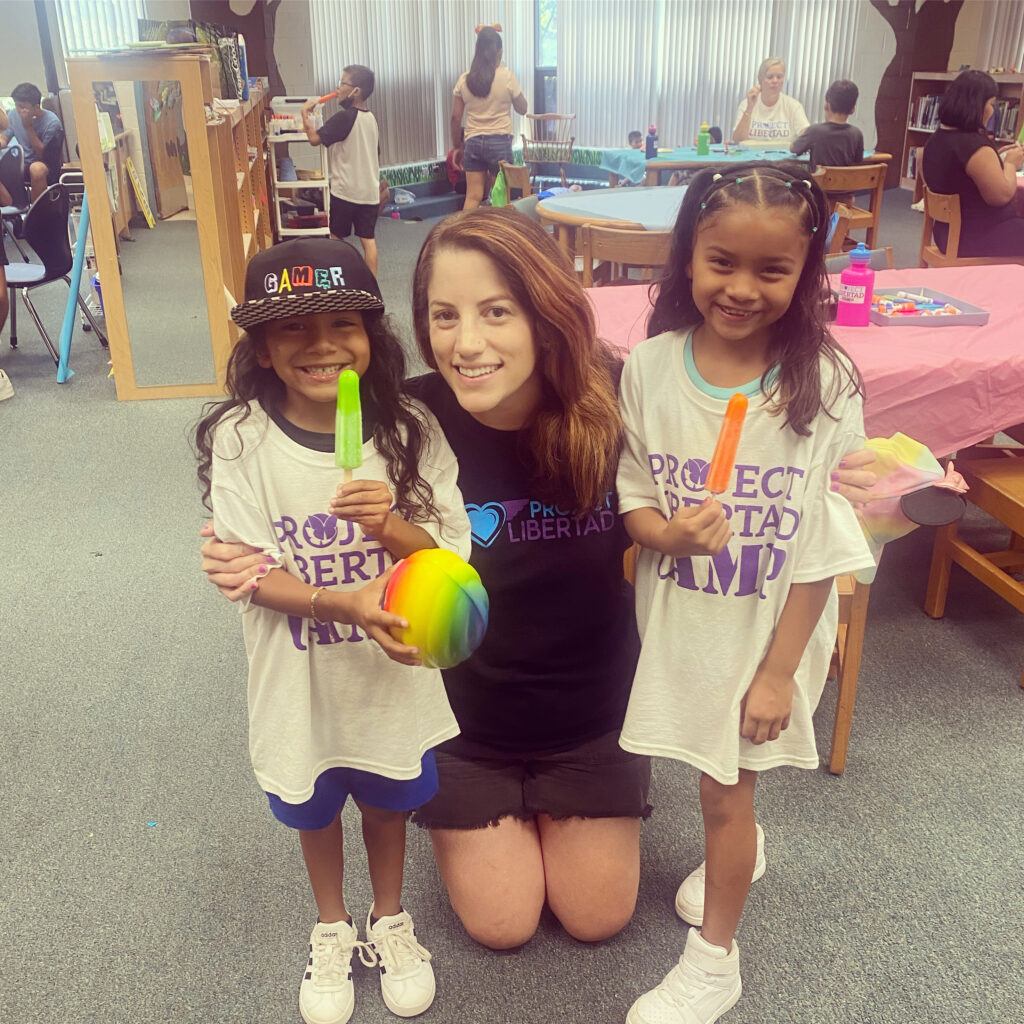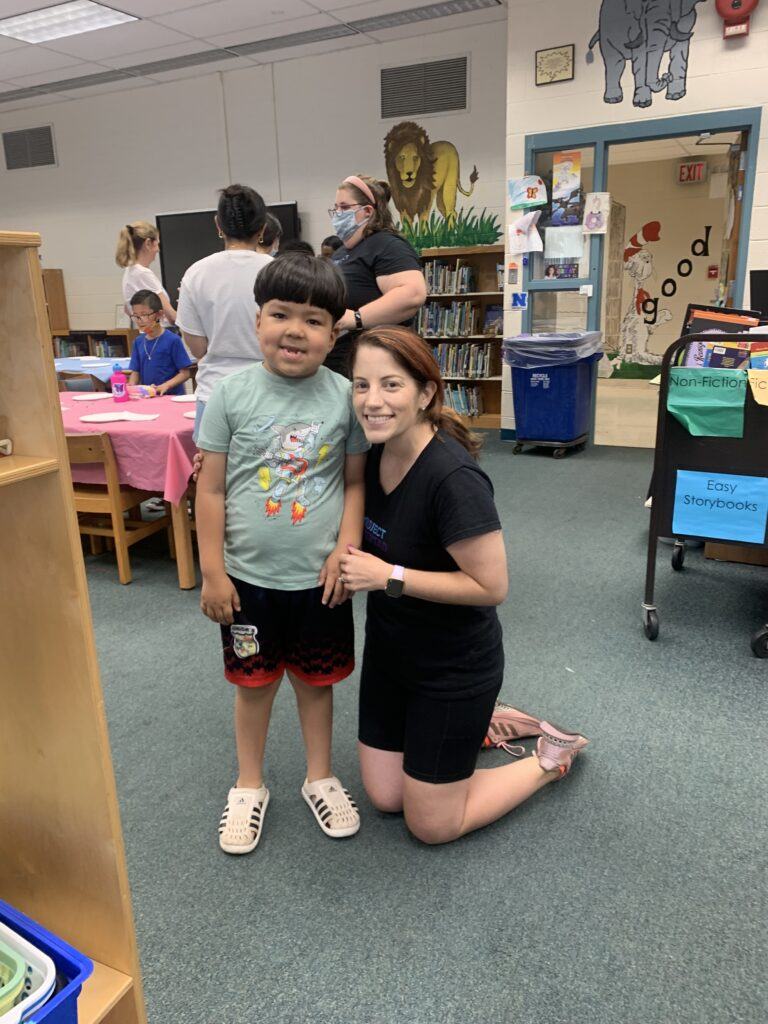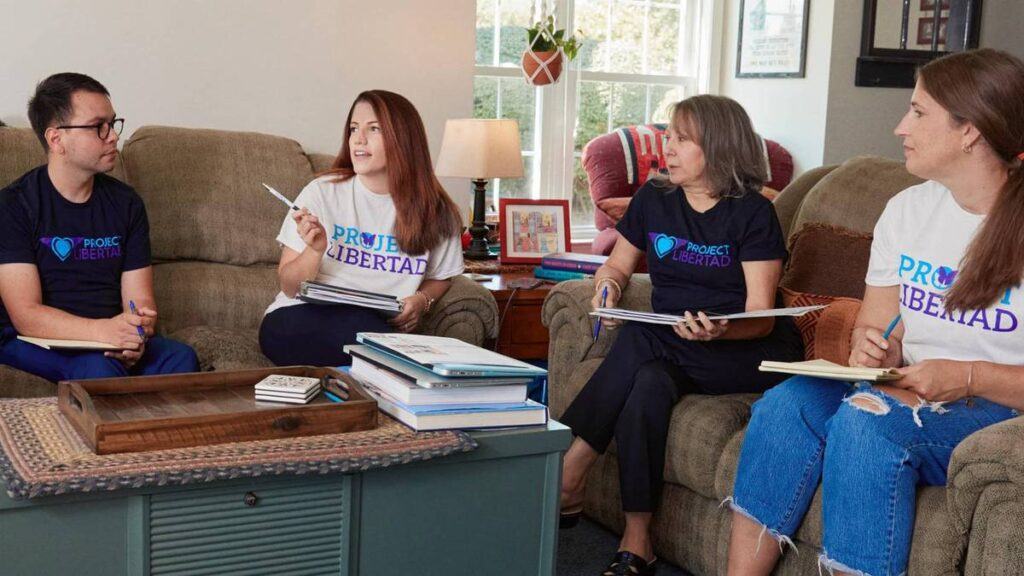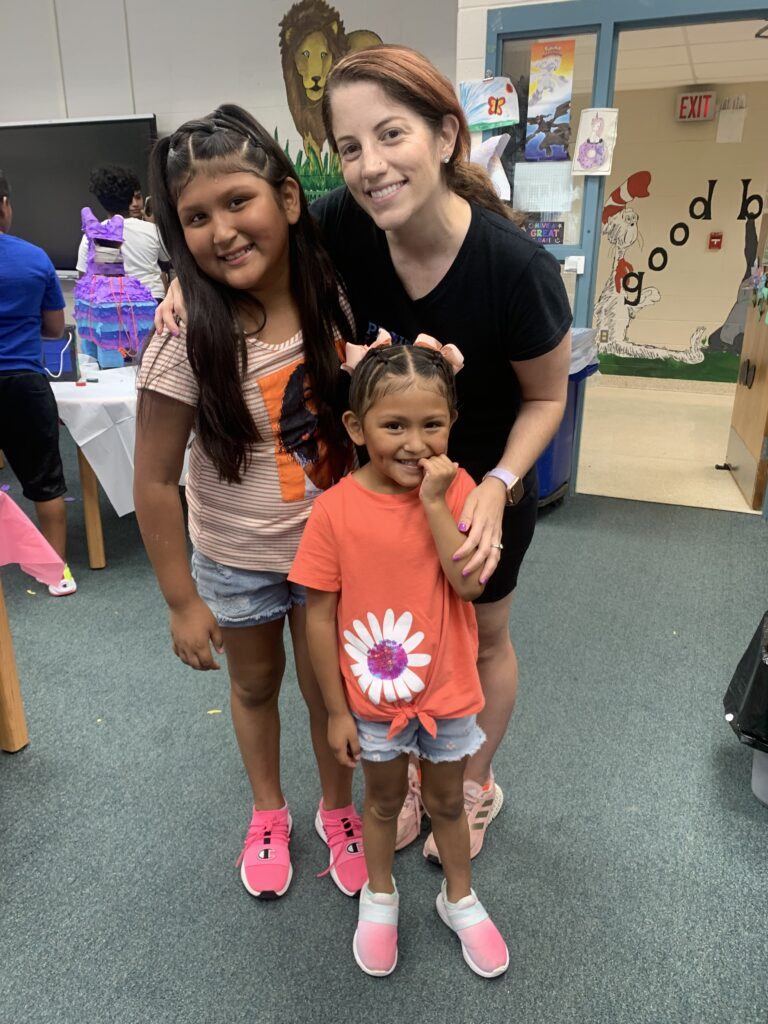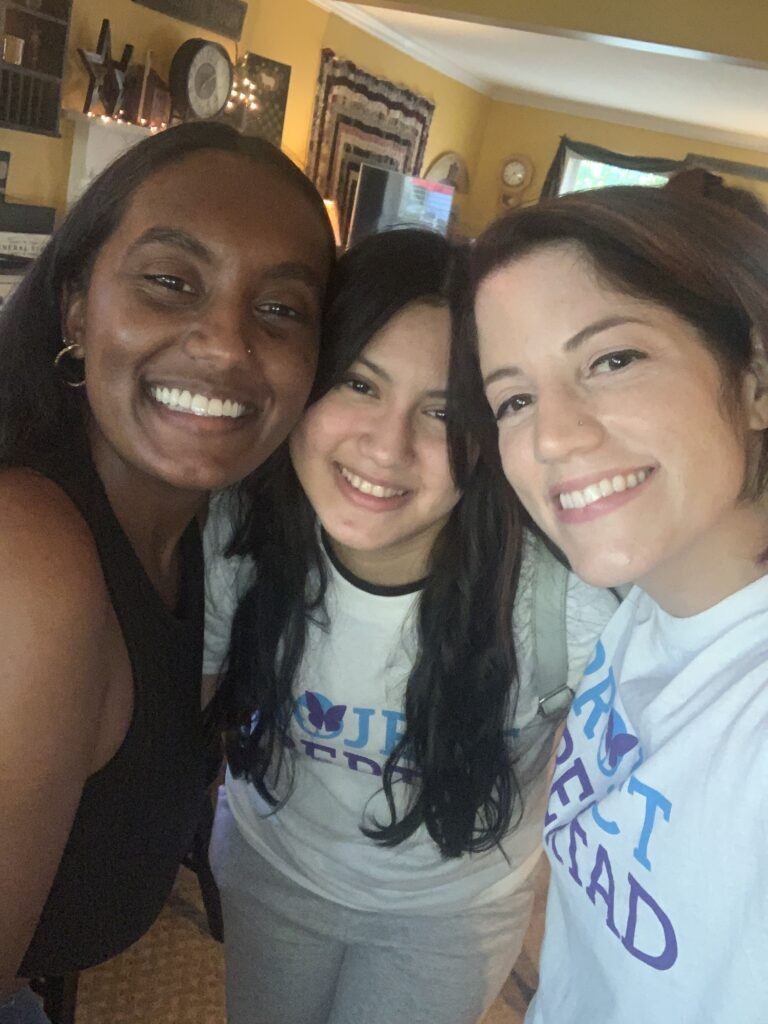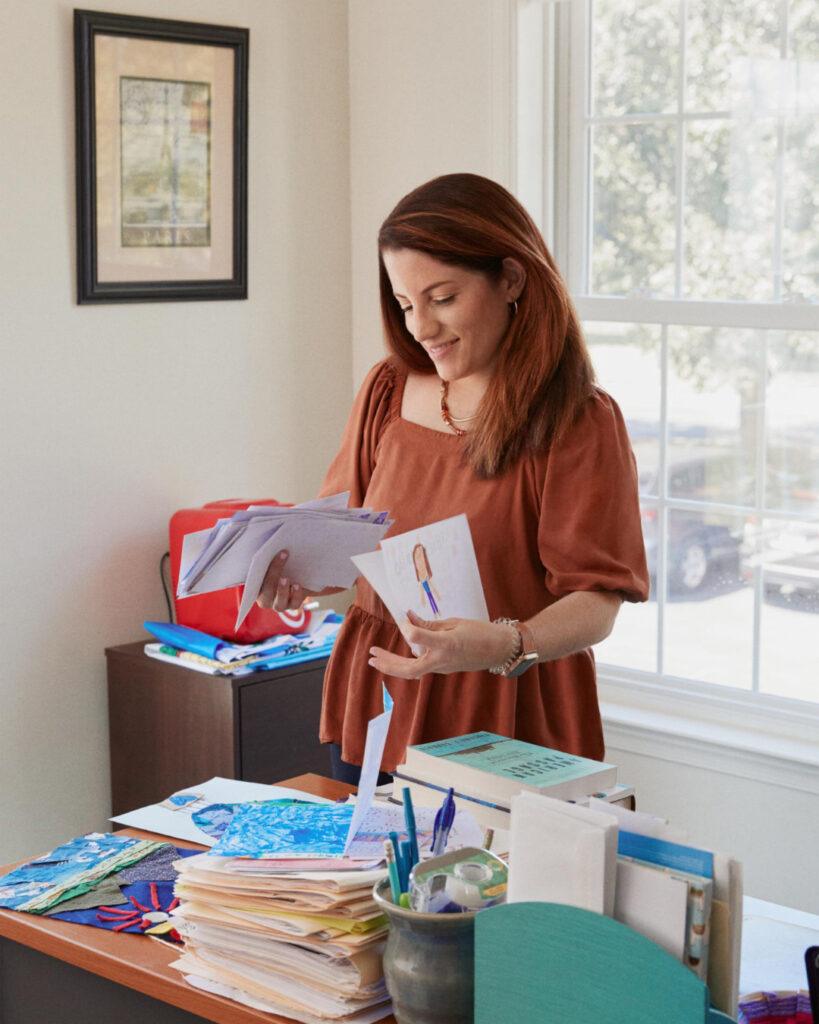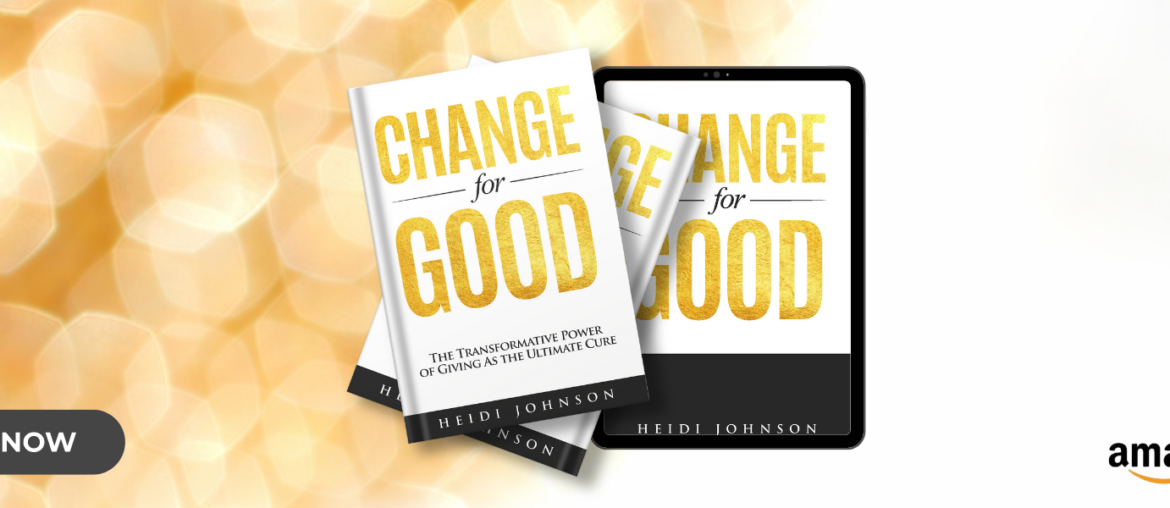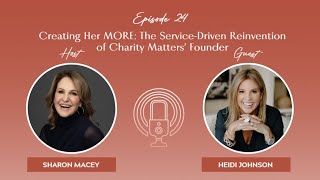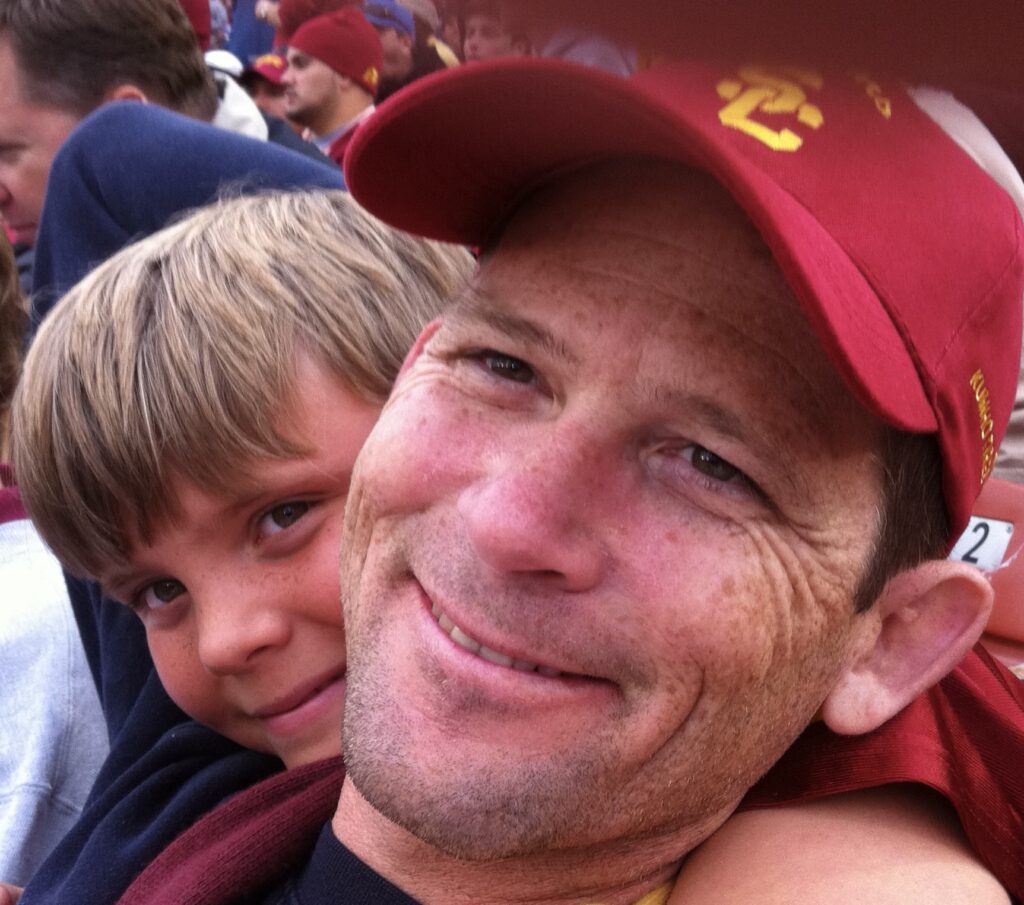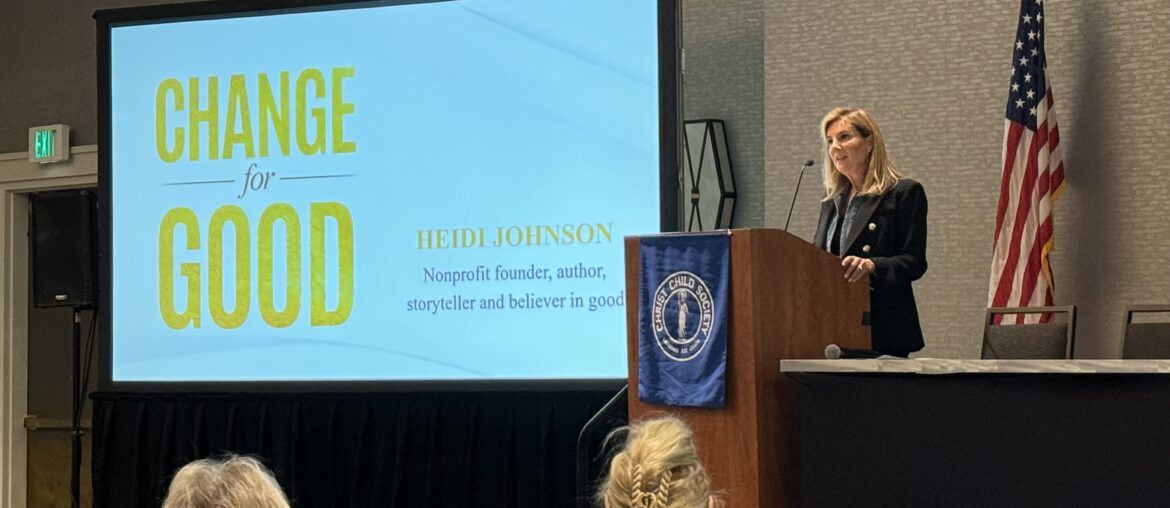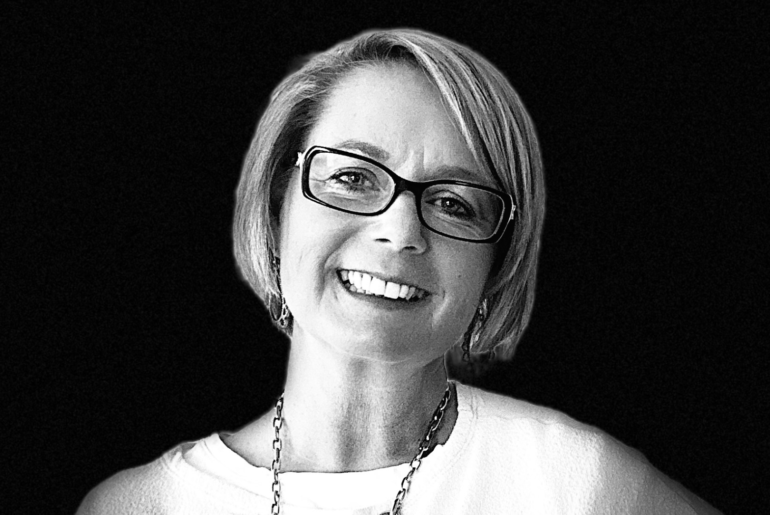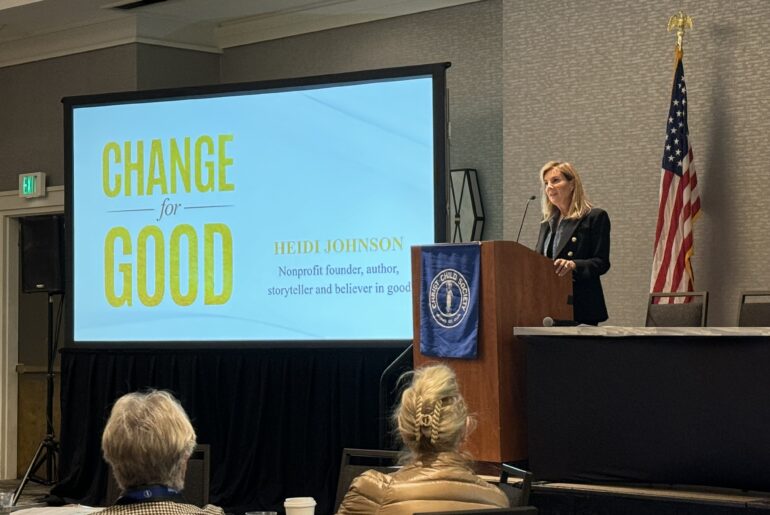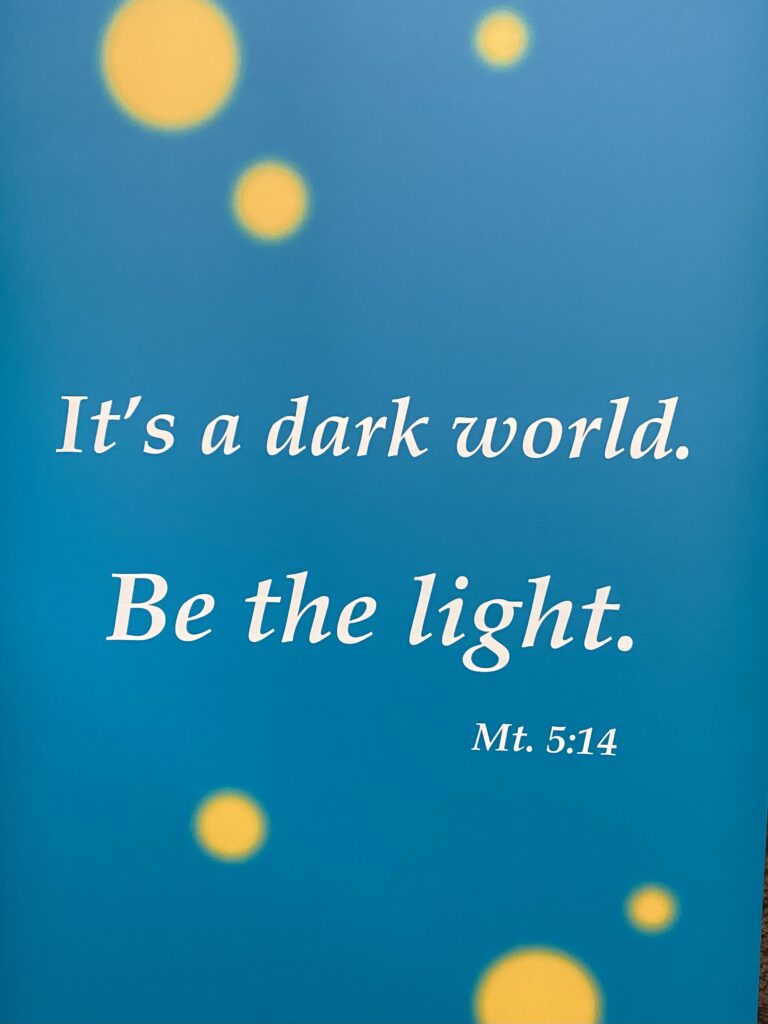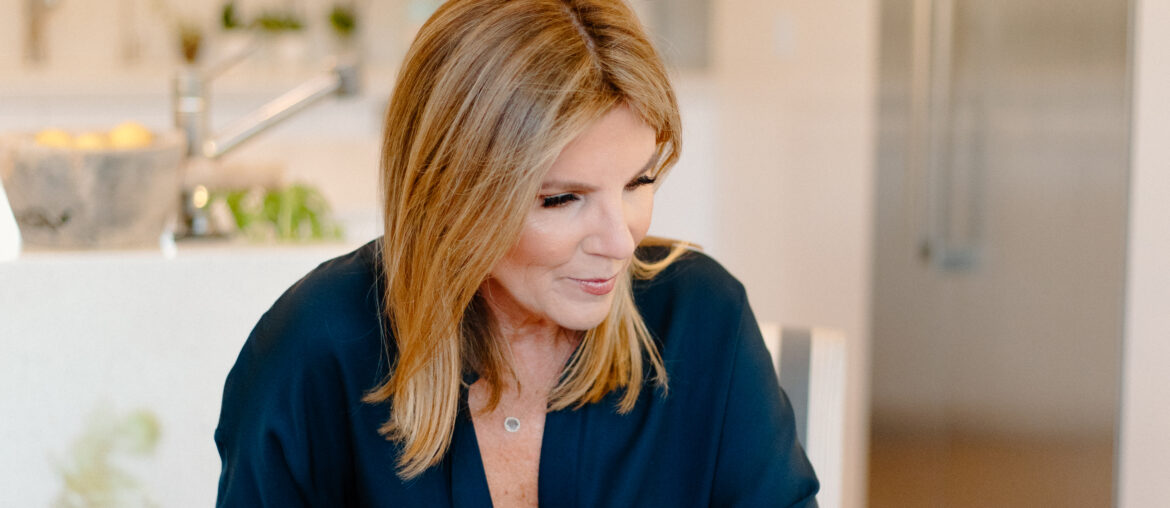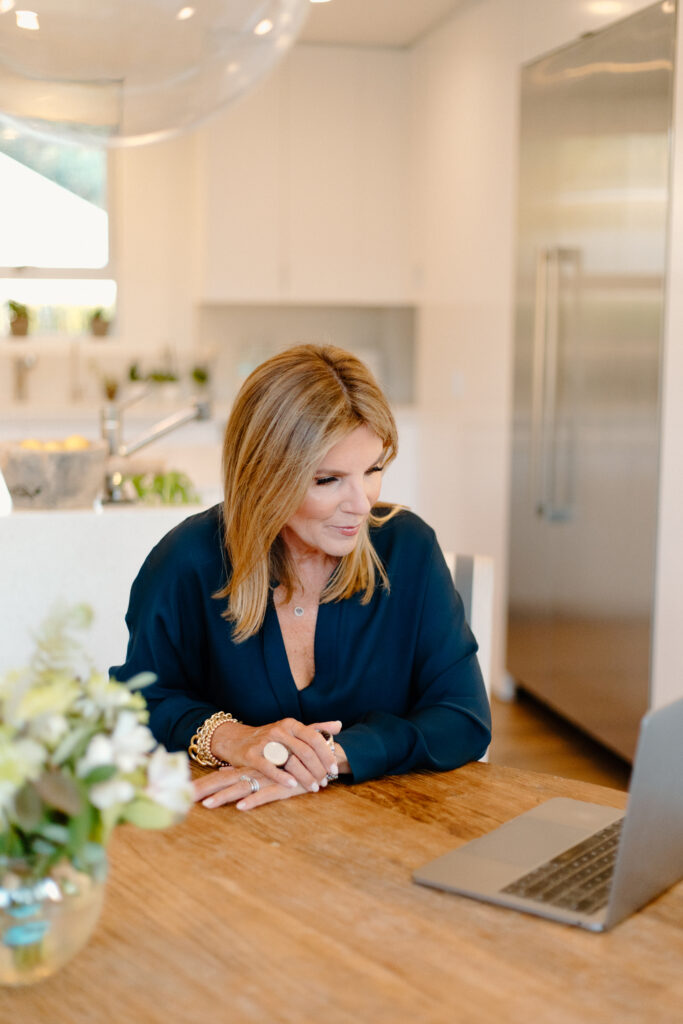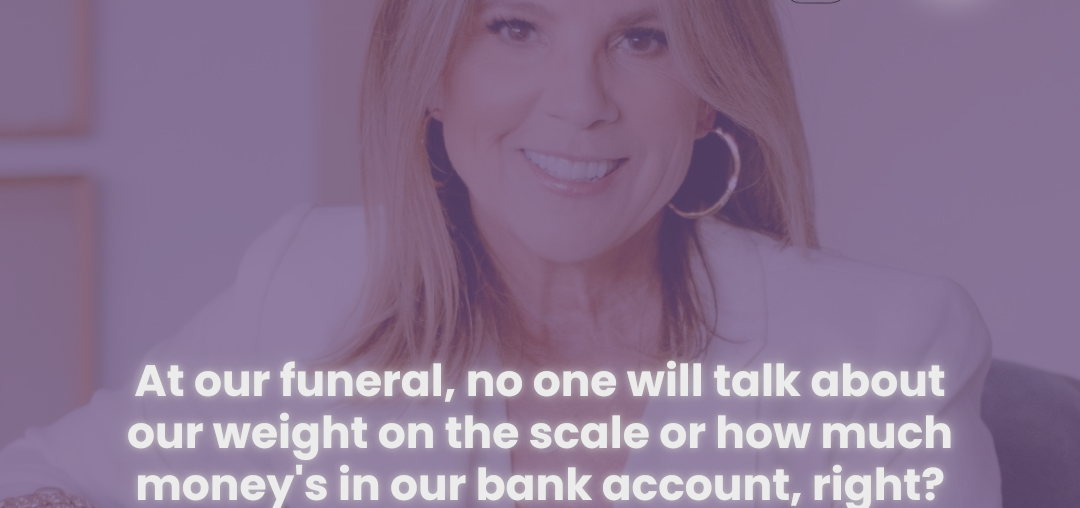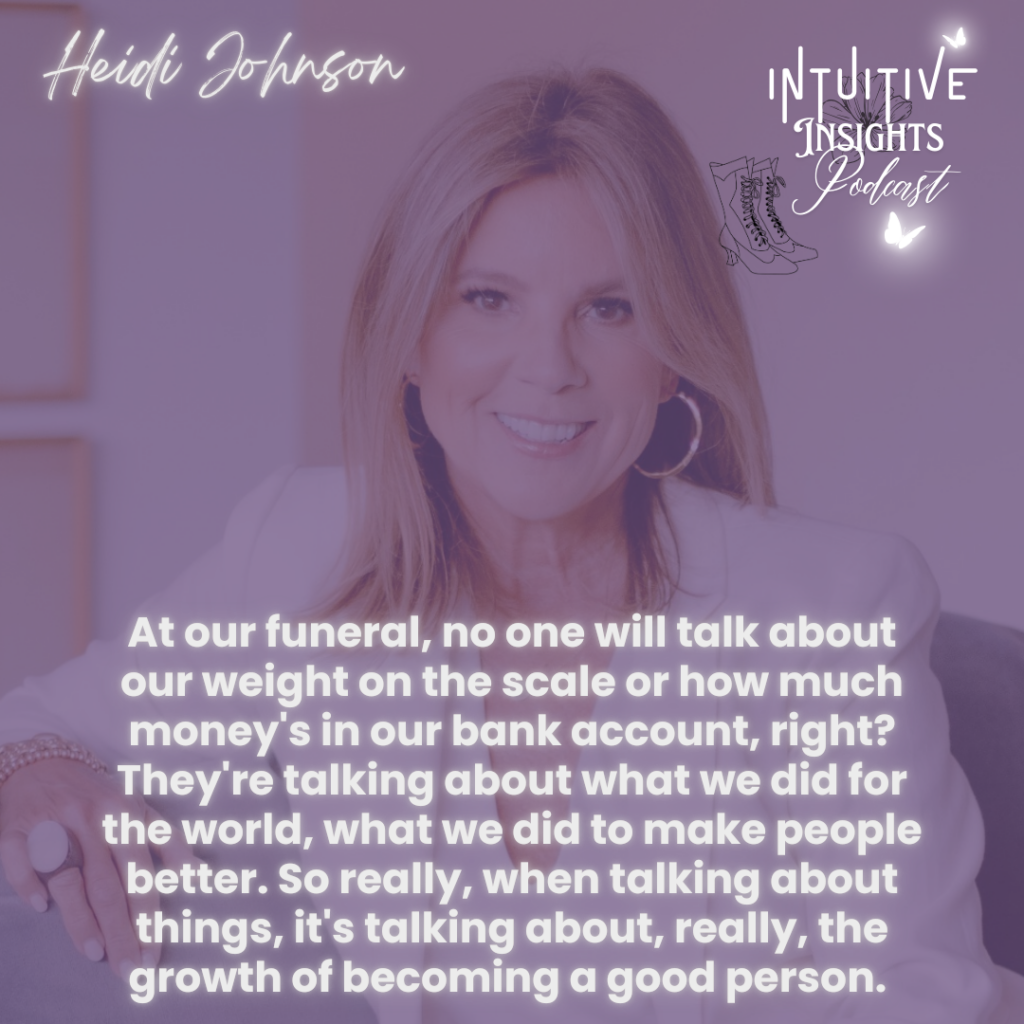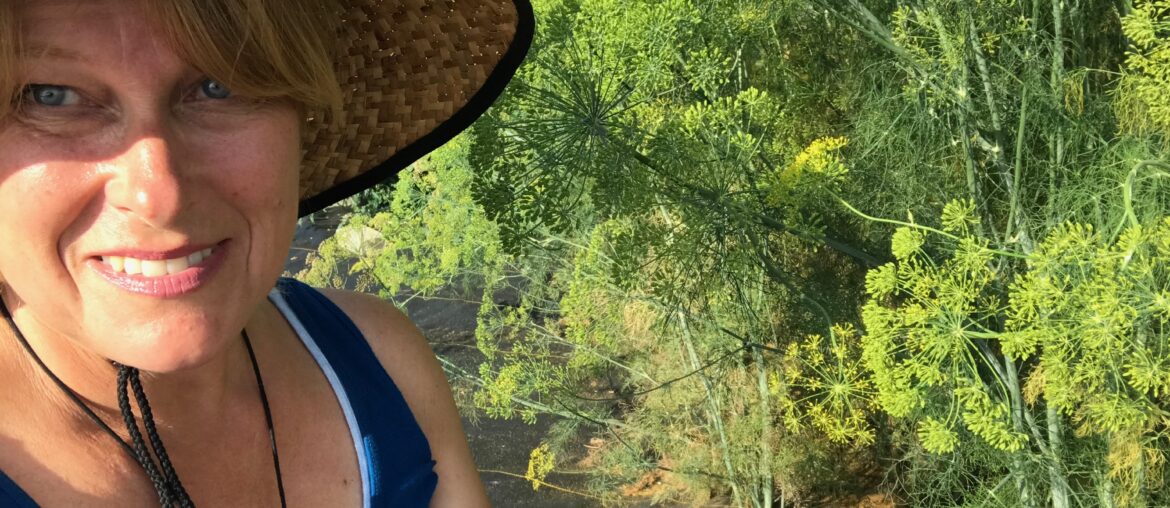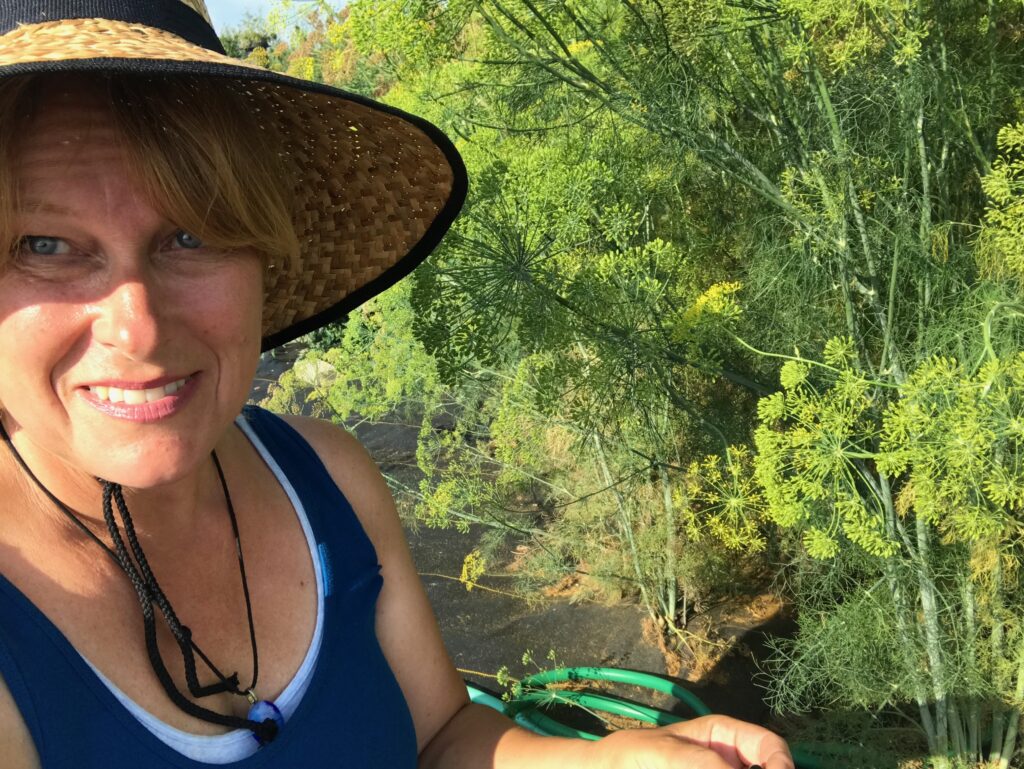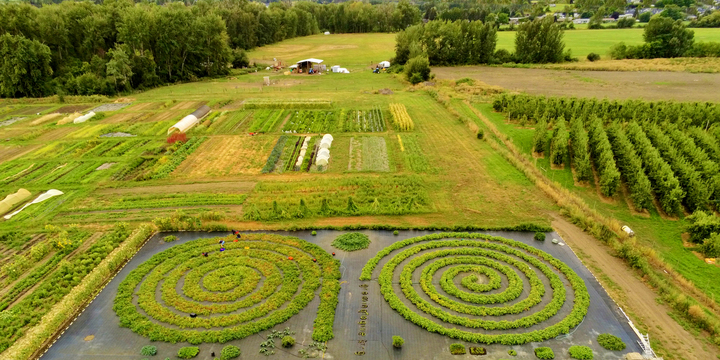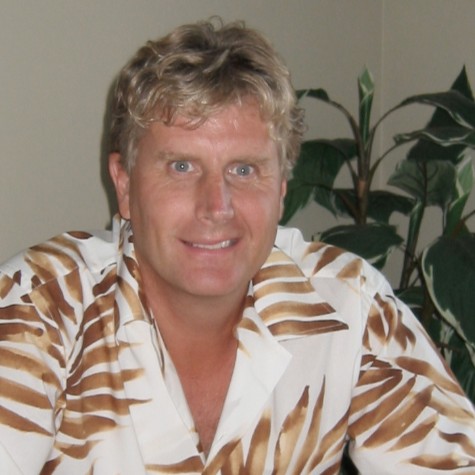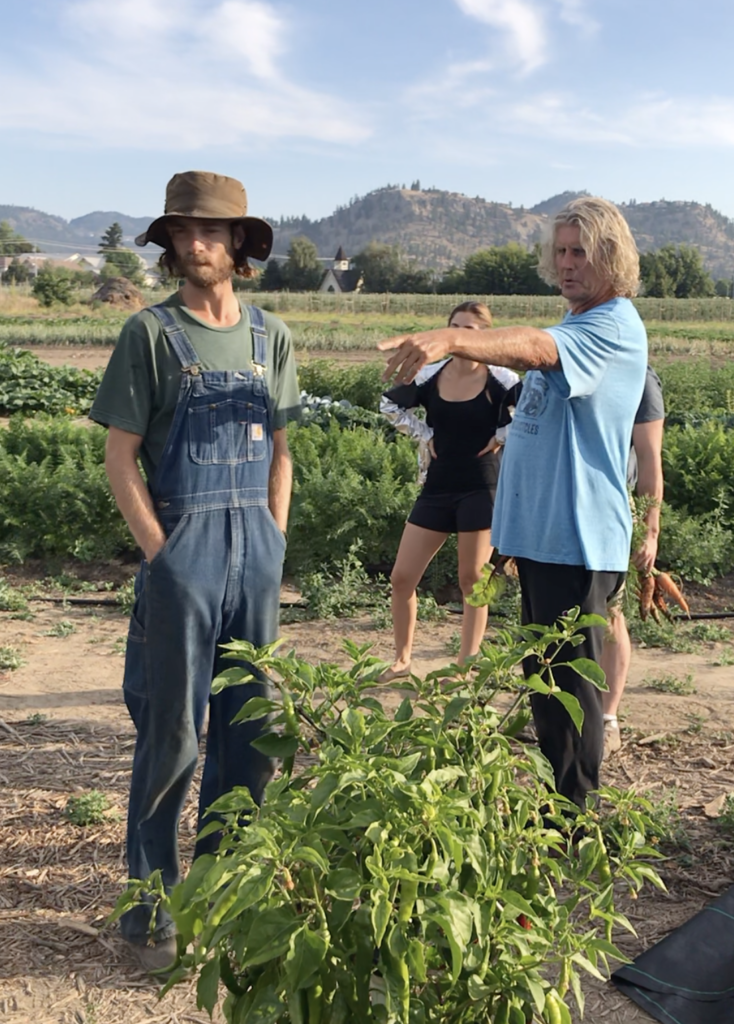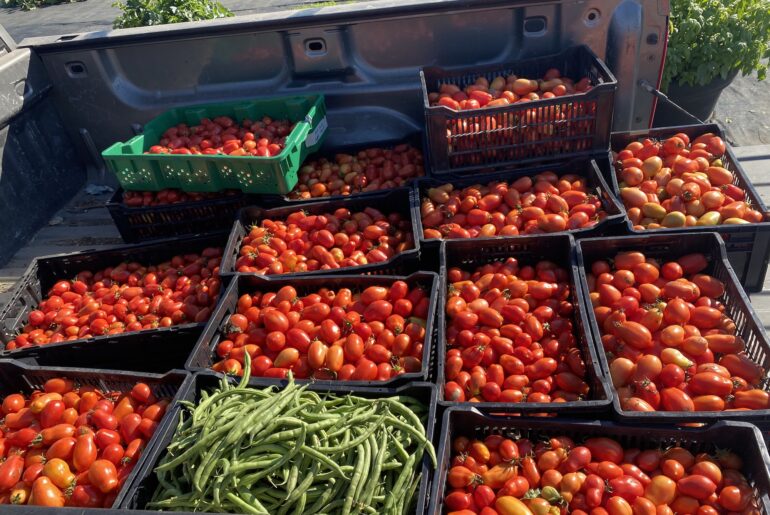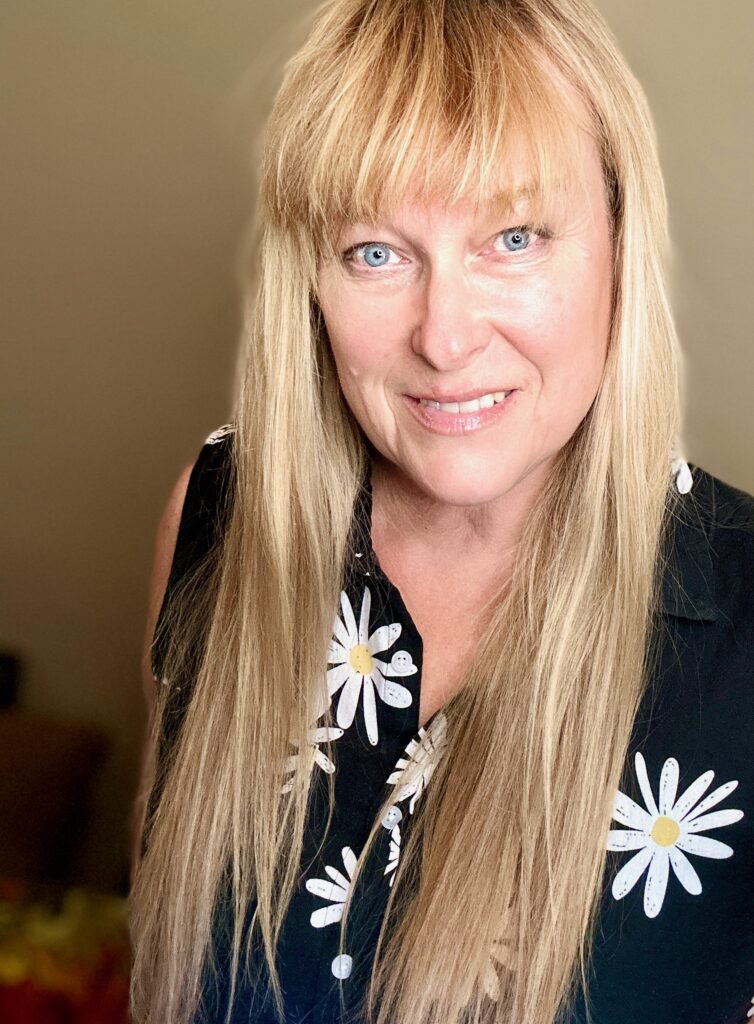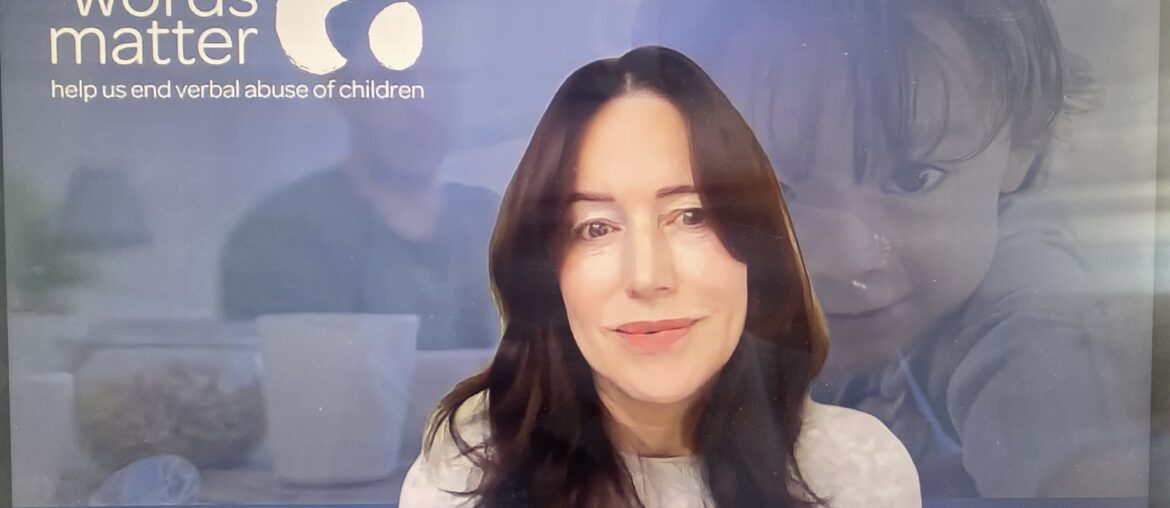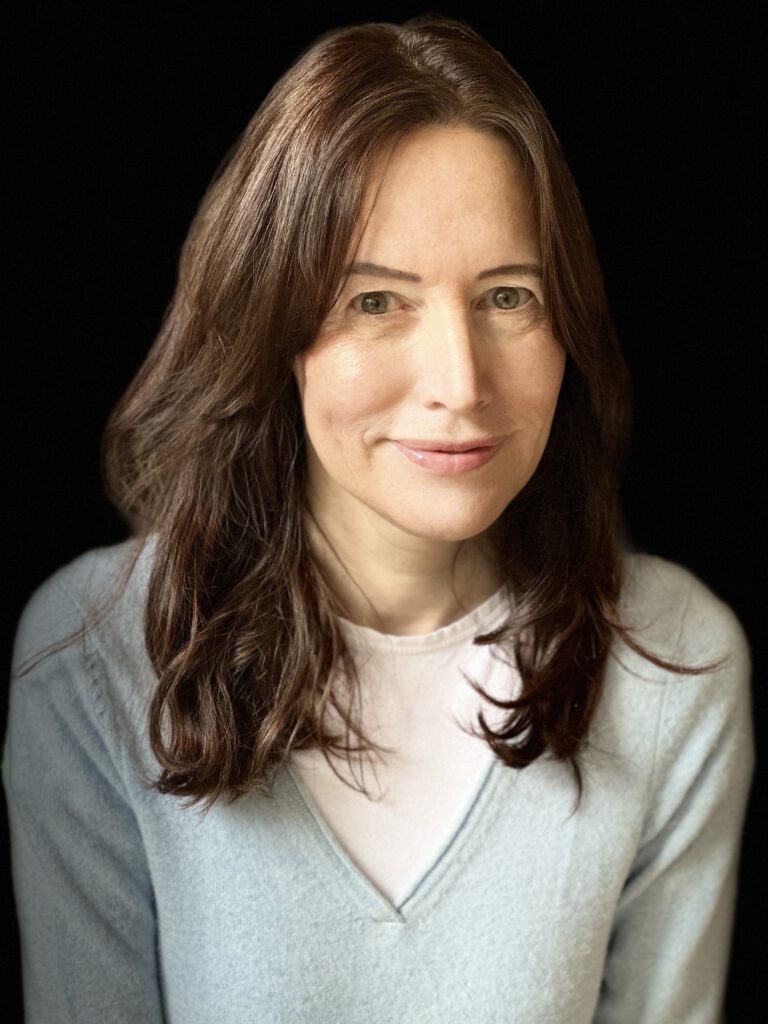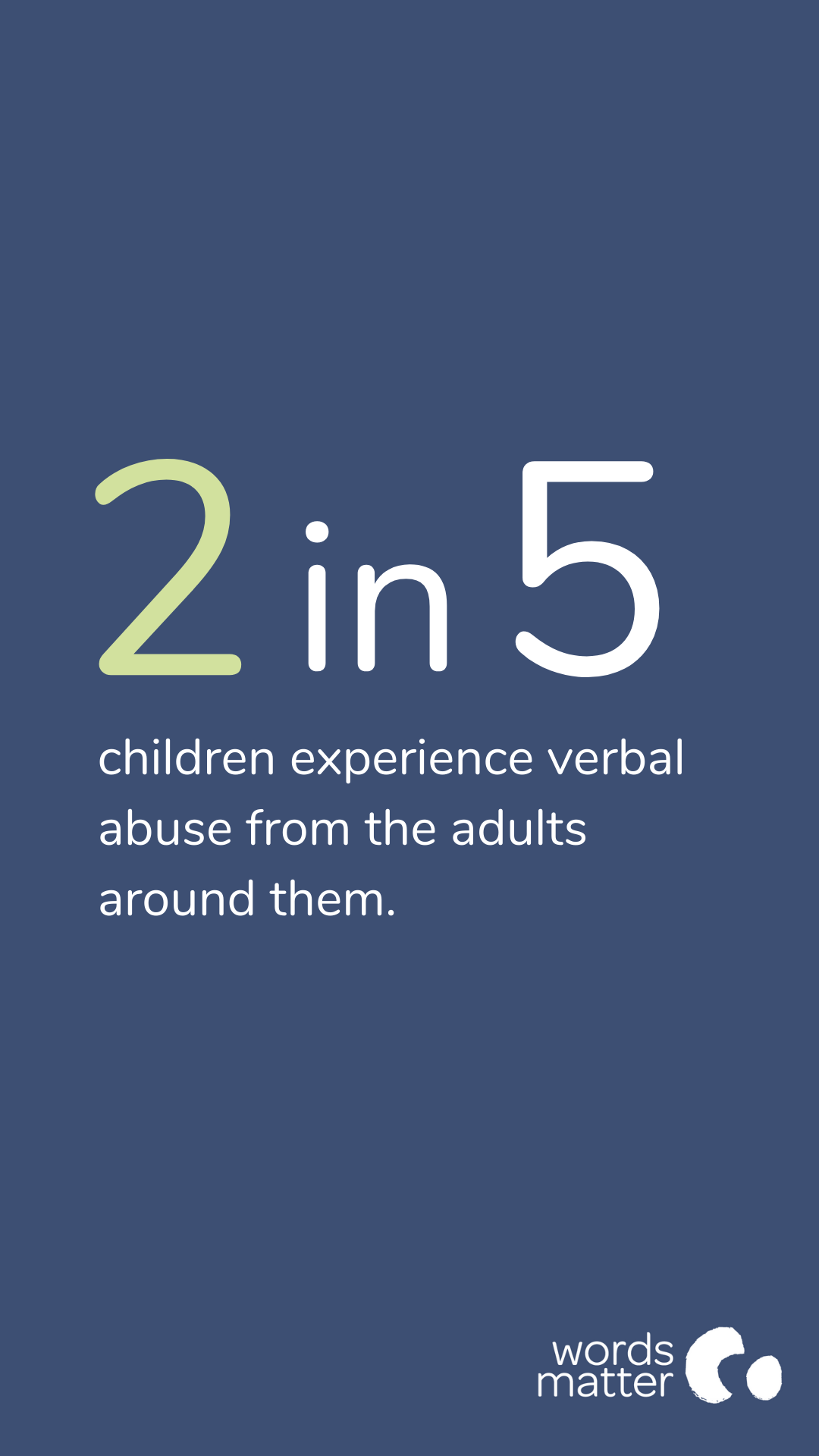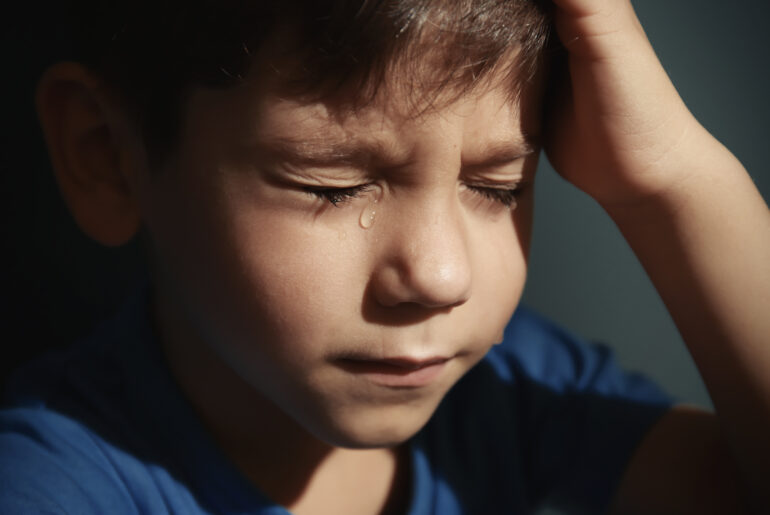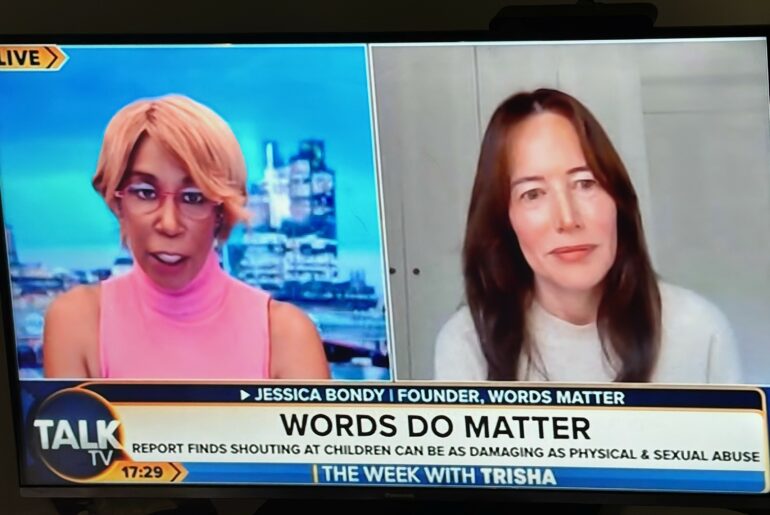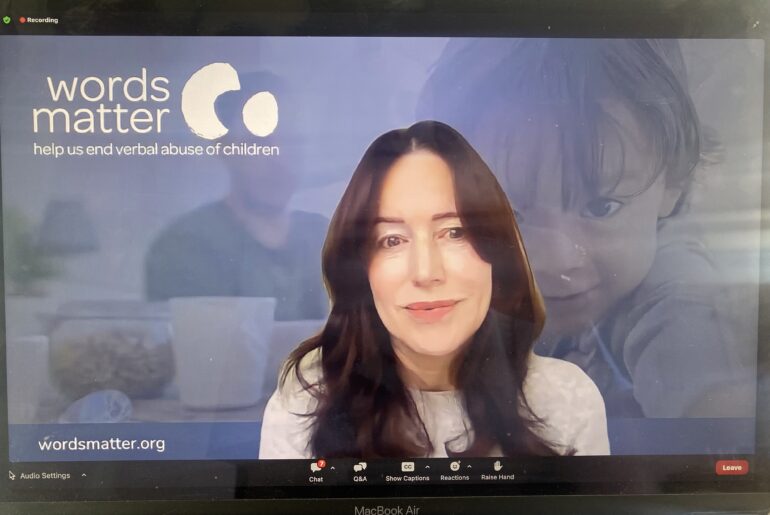Did you know that students miss 53 million hours of school each year due to oral disease? I did not but thanks to our amazing guest today I have learned so much about what our underserved communities around the country are facing with a lack of proper dental care. I am so excited to introduce you to the amazing Dr. Nicole McGrath Barnes. A full time dentist, a mother and a nonprofit founder on a mission to change all of that with the KinderSmile Foundation.
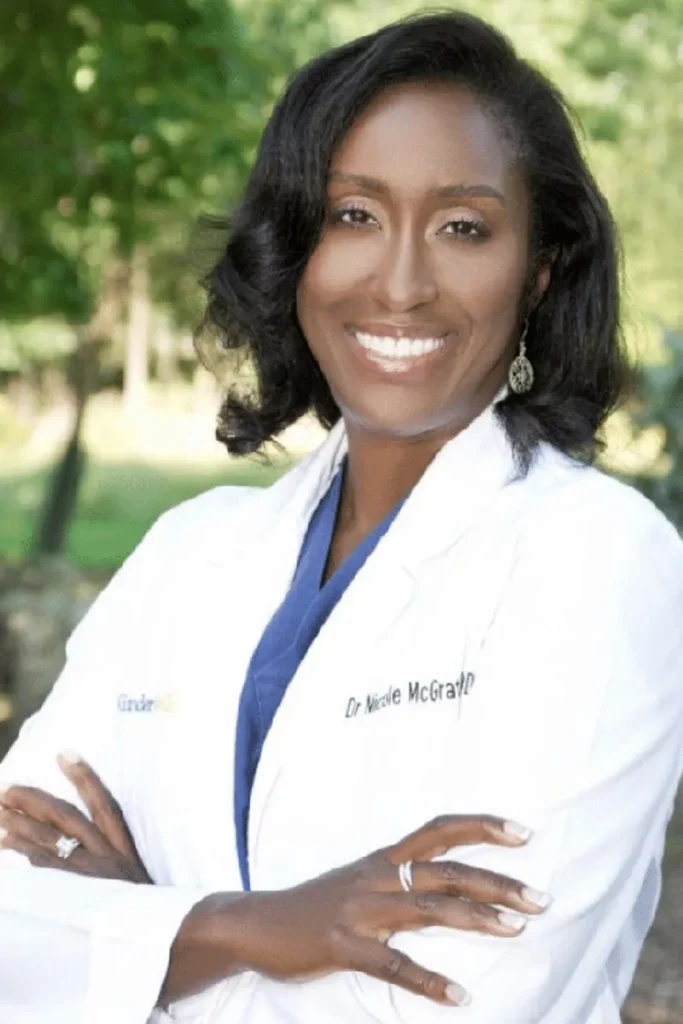
Join us for an incredible conversation that will inspire you in unbelievable ways. If you don’t think one person can change the world then you haven’t met Dr. Nicole! Dr. Nicole is pure sunshine in a bottle and will definitely give you something to smile about!
Here are a few highlights from our conversation:
Charity Matters: Tell us a little about what The KinderSmile Foundation does?
Dr. Nicole McGrath Barnes: KinderSmile Foundation is a 501, c3, non profit organization whose mission is to increase oral care access and oral care education for low income children and Perinatal mothers and their families. And our vision hopes to eradicate the number one preventable disease, which is oral disease, and that every child has a chance to see a dentist.
Charity Matters: Tell us a little about Growing up? Did you have any philanthropic role models?
Dr. Nicole McGrath Barnes: Growing up, I can identify multiple role models. My mother, of course, was one. She was an immigrant from Jamaica, West Indies. My mother worked very hard, and she poured into us giving back, giving back, giving back in her own way. I noticed as a young child, I always had an affinity to serve and to give back. Either I was taking some young children to the park or babysitting or helping the elderly. It was always part of my fabric and my soul. And so I think that’s where that philanthropic part of me started as a very, very young child.
When I completed dental school 1991 I was this black, successful dentist in northern New Jersey, Montclair, New Jersey, I checked off all the boxes you have, your home, your children, so forth and so on. But my whole soul was still craving or yearning for something. I had a hole in my soul despite checking off all the boxes. And then you realize that there’s a difference between providing a service, like what you do in dentistry or serving your community. What I was missing was serving my community.
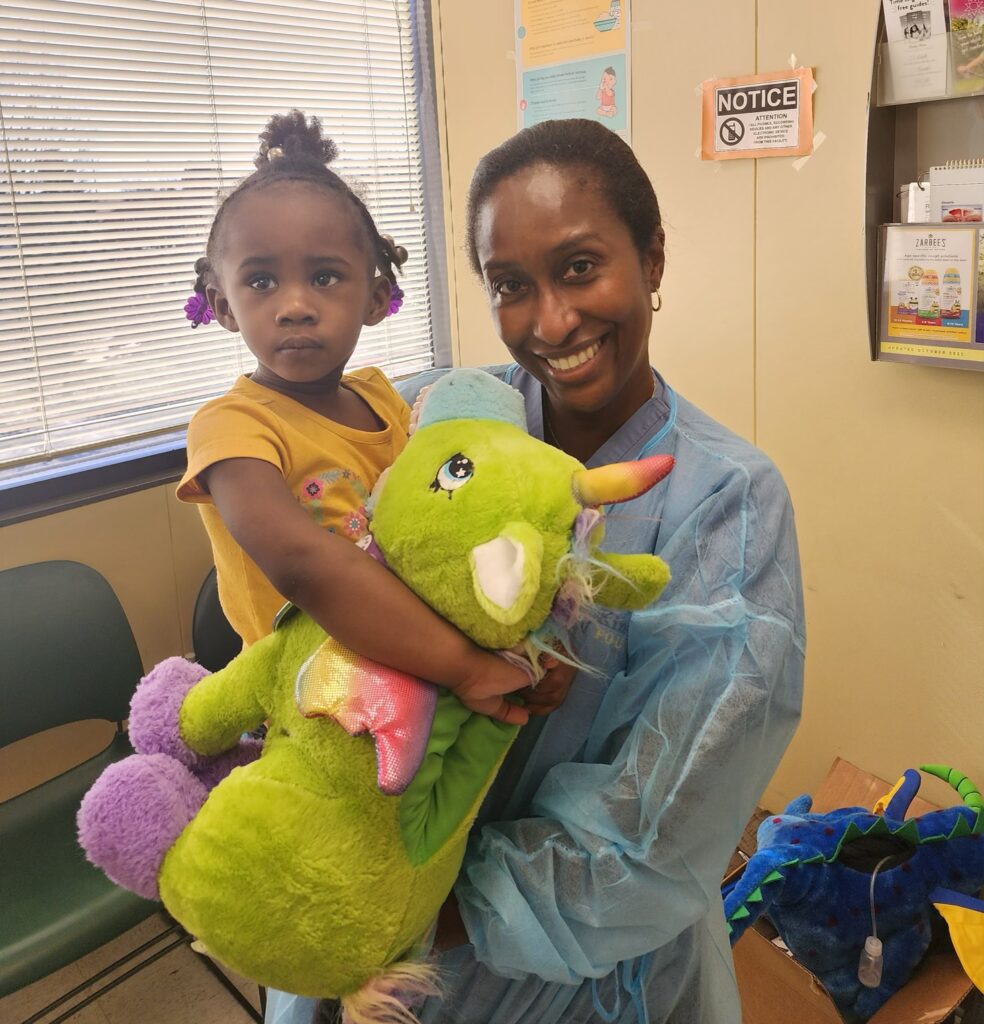
Charity Matters: What was the moment you knew you needed to act and start The KinderSmile Foundation?
Dr. Nicole McGrath Barnes: That moment was in 2007 when I decided to open up my private practice to children at a local Head Start in Montclair, New Jersey. I asked the Executive Director of that program to please bus children to my office. I wanted to treat them for free as long as they have the consent from their parents. One evening I received a phone call from my receptionist. She said, ” Dr Nicole. There is a five year old little girl here in the office now. They need help. They need an emergency exam.”
And so I leave my children, I go to the office. There was this little five year old black girl, we’ll call her Z, and she leaped into my arms. She literally had an abscess the size of a golf ball. And when I saw that, my heart stopped after leaving my children, because my son was almost that age. I knew that it could potentially be deadly. So I spoke to the grandmother, and I said, “Look, this is serious. We gotta get on some antibiotics. Do you have any insurance? ” And she said, ” Well, we live in Union County, we live 30 minutes away. We could not find a dentist in a 35 mile radius to treat her because we have state Medicaid.”
So that night, I went home, and I could not sleep. I fell to my knees, and I had a long conversation with God. I literally said,” if this is my purpose, confirm it. The next morning, I was reading the ADA quarterly news, about a 12 year old, black boy from Prince George’s County, Maryland, who died from that same toothache, infection that little Z had. He was 12 years old. His mother was burying her first child because no one wanted to treat him because he had Medicaid. All it would take was two minutes of writing a prescription.
It was at that was that moment, November 2007 that I started KinderSmile Foundation. I knew nothing about a nonprofit, absolutlely nothing.
Charity Matters: What are your biggest challenges?
Dr. Nicole McGrath Barnes: Some of the early challenges were juggling a family, a private practice all while starting a nonprofit. Some of the challenges as a woman entrepreneur you’re balancing family life because you’re driven by your passion. You’re driven by the fact that there’s a problem and I can solve it, or I can contribute to the resolution of this issue.
Then trying to get other people in my profession to understand why I’m doing this and the necessity. That was very difficult, because public health dentistry is not necessarily viewed as a successful entity of the dental profession. And if you don’t know that 53 million hours in school are missed every year due to oral disease, you don’t know that. I had to educate my colleagues, not to get offended, but to educate them. So the education took at least seven to 10 years. Now we have a list of volunteer dentists who are willing to participate, who are willing to open up their doors and to treat our children and our patients. So it’s worth it. The persistence paid off.
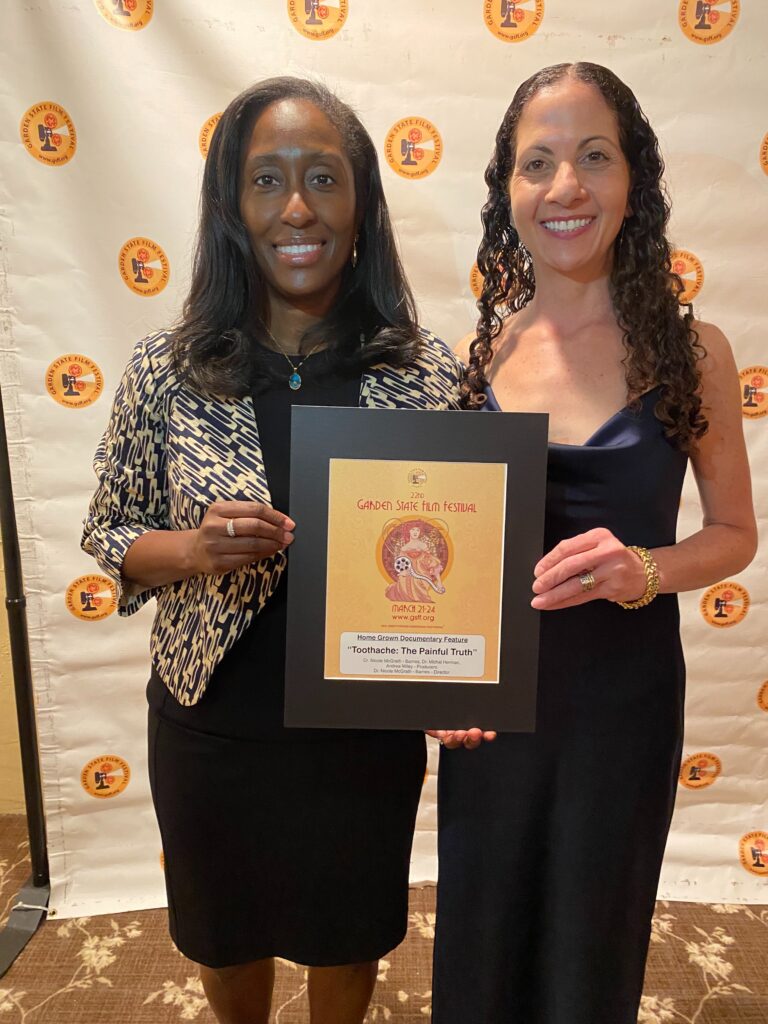
Charity Matters: Tell us what success you have had and what your impact has been?
Dr. Nicole McGrath Barnes: I tend to look at it qualitatively. Education to me is the key. And for me, success is if I can educate a child, one family at a time, the extractions, the fillings, the dental services, that is the icing on the cake. But if you can really meet them where they are, to edify and encourage them that you know what? Your child doesn’t need to have a cavity. This is the way you go about it. That’s what makes me sleep at night.
Yes, the grants that you receive, or the $16 million worth of in kind services, or the 8000 patients we see annually, yes, those numbers are impactful. But the lives that you save through compassion, educating, and letting them know that I Care Dental Homes that we built, not dental clinics, which has a negative connotation, but the Dental Homes that are beautifully decorated and clean and organized. When they walk in, they say, “This is for me,. whether I have dental insurance or not.” That is success. They know they can always come back to a KinderSmile community for quality, comprehensive treatment. That to me is success.
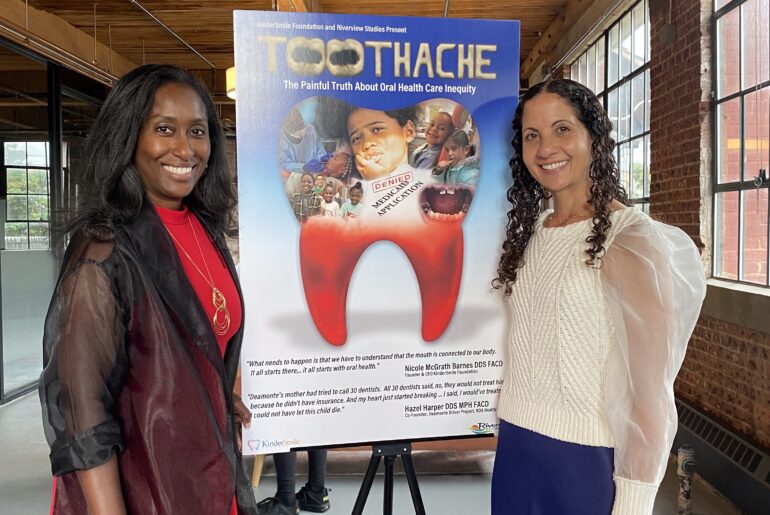
Charity Matters: If you could dream any dream for your organization, what would that be?
Dr. Nicole McGrath Barnes: The big dream would be the expansion of our KinderSmile dental homes and our KinderSmile community oral health centers. I would like to see that in other areas in the country. A dental home that opens the door to the underinsured. Replicate our model and have it in other indigent areas because we know the model works. We know the mission and the vision is so impactful.
Charity Matters: What life lessons have you learned from this experience?
Dr. Nicole McGrath Barnes: I learned that first of all the word obedience blares out right when you’re called to do something trust and have that faith. But I also learned that persistence wins and humility connects God. Persistency wins and humility connects because when you’re humble, you realize it’s not about you. When I’m speaking to my colleagues, and you’re humble, regardless of what they’re thinking, your humility is going to connect.
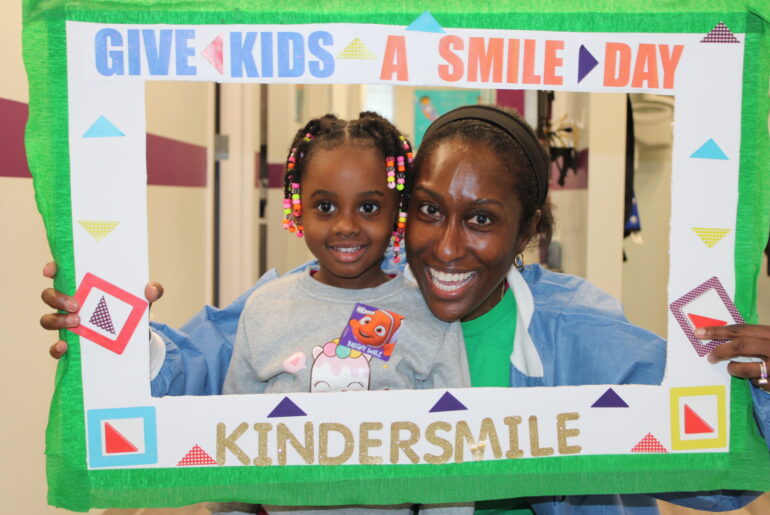
Charity Matters: How has this journey changed you?
Dr. Nicole McGrath Barnes: This has been a wonderful journey. A wonderful, wonderful journey. One thing, I could definitely say is that I get less offended. I think in the early years, when colleagues would say insensitive things like, “What’s it in for me?” or “I don’t treat those.” I would take it just a tad bit personally. When you step back and you realize that it’s bigger than you, but most importantly, it’s not about you. Then you get less offended. Then you say, let me use this platform to educate my colleagues, to educate people, regardless of your socioeconomic status or your color or your race or your religion. This is my purpose. This is my journey. So let me educate because you don’t know what you don’t know.
Charity Matters: What fuels you to keep doing this work?
Dr. Nicole McGrath Barnes: To be very honest, what fueled me was my faith and that I was brought here for a reason. This is my purpose. And when you know that, you know that. You know this is a purpose, there’s no such thing as giving up. You understand that there will be dark times and there will be light times, but you still persist, because it’s bigger than me. It’s serving a community and it’s creating a legacy.
CHARITY MATTERS.
YOUR REFERRAL IS THE GREATEST COMPLIMENT, IF YOU ARE SO MOVED OR INSPIRED, WE WOULD LOVE YOU TO SHARE AND INSPIRE ANOTHER. If you enjoyed today’s episode, please connect with us:
- www.Charity-Matters.com
- On IG @Charitymatters
- Post a screenshot & key takeaway on your IG story and tag me @heidijohnsonoffical and @Charitymatters so we can repost you.
- Leave a positive review on Apple Podcasts
- Subscribe to new episodes each week!
Copyright © 2025 Charity Matters. This article may not be reproduced without explicit written permission; if you are not reading this in your newsreader, the site you are viewing is illegally infringing our copyright. We would be grateful if you contact us.

